The San Sebastian Film Festival is Spain’s only A-list event running from 21 September until 29th in the North West Spanish town, often known by its Basque name of Donostia. This year celebrating its 66th edition, a selection of Spanish titles and international fare competes for the Golden Shell Award in venues such as the Kursaal and the Victoria Eugenia theatre.
Joining the main competition will be the latest from Alfonso Cuaron, Jacques Audiard and Jia Zhangke also join the lineup of features already announced: Bradley Cooper’s A Star Is Born, in which he portrays a musical who falls for a struggling artist (Lady Gaga), Spike Lee’s BlacKkKlansman and Damien Chazelle’s First Man starring Ryan Gosling as Neil Armstrong, the first astronaut to walk on the moon, and Claire Foy. The film premieres at Venice where it open the festival running from 28 August 2018 on the Lido
This is the first time that Spike Lee will compete for an award in San Sebastian. His film BlacKkKlansman, the story of an African-American policeman who infiltrates the Ku Klux Klan, won the jury grand prix honor at Cannes and the audience award at the Locarno Film Festival. Alfonso Cuaron’s Roma, also premieres at Venice, it is the story of a maid working in a middle-class district of Mexico City in the early 1970s.
THIS YEAR’S COMPETITION LINE-UP
 EL AMOR MENOS PENSADO
EL AMOR MENOS PENSADO
JUAN VERA | ARGENTINA
After 25 years of marriage, Marcos and Ana question themselves deeply on the subject of love, the nature of desire and faithfulness, making a decision that will change their lives forever.
 ANGELO
ANGELO
MARKUS SCHLEINZER | AUSTRIA – LUXEMBOURG
The story of Angelo, an African born in the 18th century, who is brought to Europe at the age of 10. Now a servant in the court of enlightened nobility, he skilfully employs his otherness to become an appreciated guest and attraction for the members of high society. Being close to the emperor, he decides to marry Magdalena, a young maidservant with whom he falls in love.
 DER UNSCHULDIGE / THE INNOCENT
DER UNSCHULDIGE / THE INNOCENT
SIMON JAQUEMET | SWITZERLAND – GERMANY
Ruth works in a neuroscience research lab, despite coming from an extremely traditionalist and conservative Christian family. She suddenly finds herself facing her past when her former lover reemerges after twenty years in jail, prompting her to question her feelings, her life and eventually even her faith.
 EL REINO
EL REINO
RODRIGO SOROGOYEN | SPAIN – FRANCE
Manuel, an influential deputy secretary of a regional government who has everything going his way for making the leap into national politics, sees how his perfect life falls to pieces after news leaks of his involvement in a corruption ring with Paco, one of his best friends. While the media starts reporting the extent of the scandal, the party closes ranks and only Paco comes …
 ENTRE DOS AGUAS | ISAKI LACUESTA | SPAIN
ENTRE DOS AGUAS | ISAKI LACUESTA | SPAIN
Isra and Cheíto are two Roma brothers: Isra was sent to prison for drug dealing and Cheíto signed up for the Marines. When Isra is released from prison and Cheíto returns from a long mission, they return to San Fernando. The reunion between the siblings brings memories of their father’s violent death when they were only boys. Twelve years have passed since La Leyenda del tiempo…
 HIGH LIFE.
HIGH LIFE.
CLAIRE DENIS
FRANCE – GERMANY – UK – POLAND – USA
Deep space. Beyond our solar system. Monte and his daughter Willow live together on board a spacecraft, in complete isolation. A solitary man, who uses his strict self-discipline as protection against desire (his own and that of others), Monte fathered the girl against his will. His sperm was used to inseminate Boyse, the young woman who gave birth to the girl.
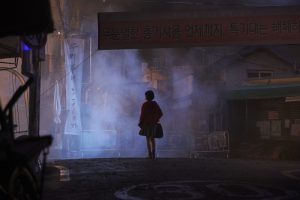 ILLANG: THE WOLF BRIGADE
ILLANG: THE WOLF BRIGADE
KIM JEE-WOON
SOUTH KOREA
In 2029, after the governments of North and South Korea announce a 5-year plan to reunify the country, strong sanctions by the world’s most powerful nations cripple the economy and lead to a hellish period of chaos. With the appearance of an armed anti-government terrorist group called The Sect which opposes reunification, the President creates a new police division called …
 LE CAHIER NOIR / THE BLACK BOOK
LE CAHIER NOIR / THE BLACK BOOK
VALERIA SARMIENTO
FRANCE – PORTUGAL
This is the story of the late eighteenth-century adventures of a singular couple formed by a little orphan with mysterious origins and his young Italian nurse of similarly uncertain birth. They lead us in their wake, from Rome to Paris, from Lisbon to London, from Parma to Venice. Always followed in the shadows, for reasons we don’t know, by a suspicious-looking Calabrian
 QUIÉN TE CANTARÁ
QUIÉN TE CANTARÁ
CARLOS VERMUT
SPAIN – FRANCE
Lila Cassen was the most successful Spanish singer of the nineties until she mysteriously vanished from one day to the next. Ten years later Lila is preparing her triumphant stage comeback; however, shortly before the long-awaited date she is involved in an accident and loses her memory. Violeta’s life is dominated by her conflictive daughter Marta. Every night she finds escape..
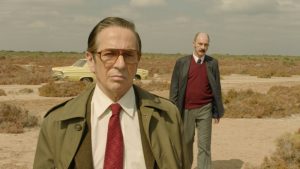 ROJO
ROJO
BENJAMÍN NAISHTAT
ARGENTINA – BRAZIL – FRANCE – NETHERLANDS – GERMANY
In the mid-70s, a stranger arrives in a quiet provincial town. In a restaurant, for no apparent reason, he sets about attacking Claudio, a well-known lawyer. The community supports the lawyer and humiliates the stranger, who is thrown out. Later, on the way home, the man intercepts Claudio and his wife Susana once again, determined to wreak his terrible revenge on Claudio.
 VISION
VISION
NAOMI KAWASE
JAPAN – FRANCE
Jeanne leaves for Japan in search of a rare medicinal plant. During the trip, she meets Tomo, a forest ranger, who accompanies her on her quest and guides her through the traces of her past. 20 years ago, in the forests of Yoshino, Jeanne lived her first love.
 YULI
YULI
ICÍAR BOLLAÍN
SPAIN – CUBA – UK – GERMANY
Yuli is the nickname given to Carlos Acosta by his father, Pedro, who considers him the son of Ogun, an African god and a fighter. As a child Yuli avoids discipline and education, learning from the streets of an impoverished and abandoned Havana. His father, however, has other ideas, and knowing that his son has a natural talent for dance, sends him to the National Ballet Schoo…
GIGANTES
ENRIQUE URBIZU, JORGE DORADO
SPAIN
OUT OF competition
For decades the Guerrero brothers have controlled the flow of drugs from the peninsula to the rest of Europe. Now they’re faced with one of the most crucial moments in their history. The eldest brother, Daniel, is released from jail after fifteen years, eager to recover his place in the family. The world Daniel left behind no longer exists. His father Abraham is sick, ..
DANTZA
TELMO ESNAL
SPAIN
Special Screenings
The storm breaks after a hard day’s work in the fields. When the rain eases off life springs up from the previously barren land. Fruit grows and ripens, survives disease and becomes the apples which give life to cider. Then comes the time to harvest, offer toasts and celebrate love. A story about the cycle of life and death, the fight for survival. Where the passage of time…
TIEMPO DESPUÉS
JOSÉ LUIS CUERDA
SPAIN – PORTUGAL
Special Screenings
In 9177, give or take a thousand years (there’s no point in being finicky about these details) the whole world, and, according to some authors, the universe too, has been reduced to a single Representative Building and squalid suburbs inhabited by all of the out-of-work and hungry in the cosmos. One of the down and outs, José María, decides that by facing up to the difficul…
SAN SEBASTIAN FILM FESTIVAL

SAN SEBASTIAN FILM FESTIVAL | 21 – 29 SEPTEMBER 2018


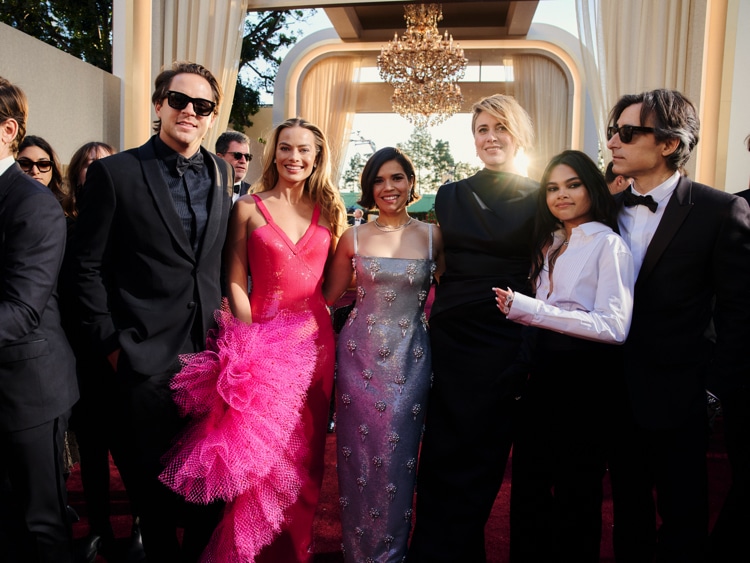
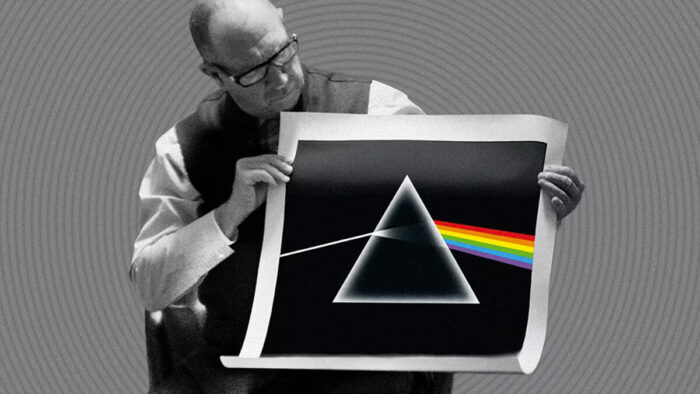
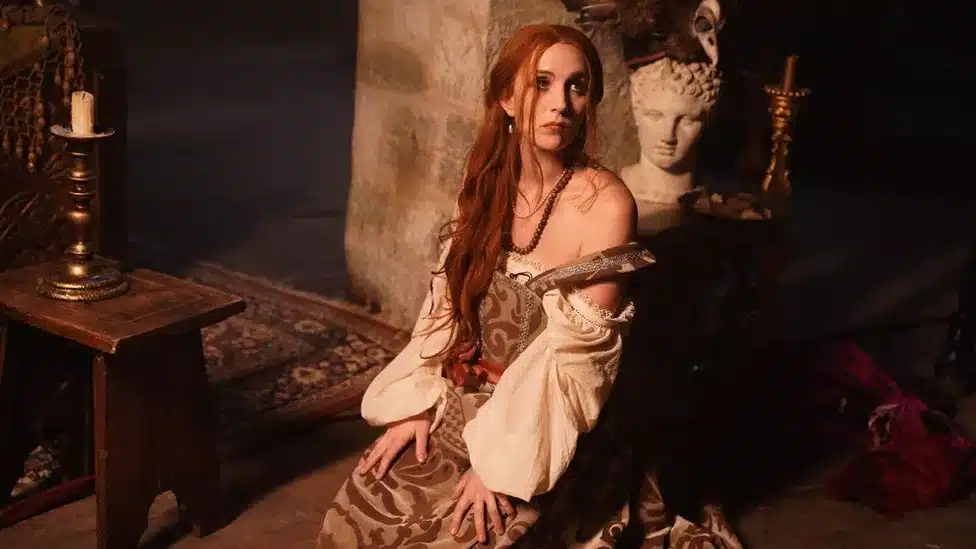
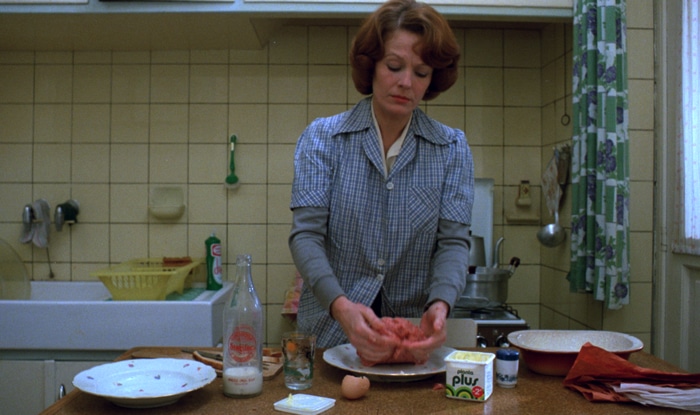
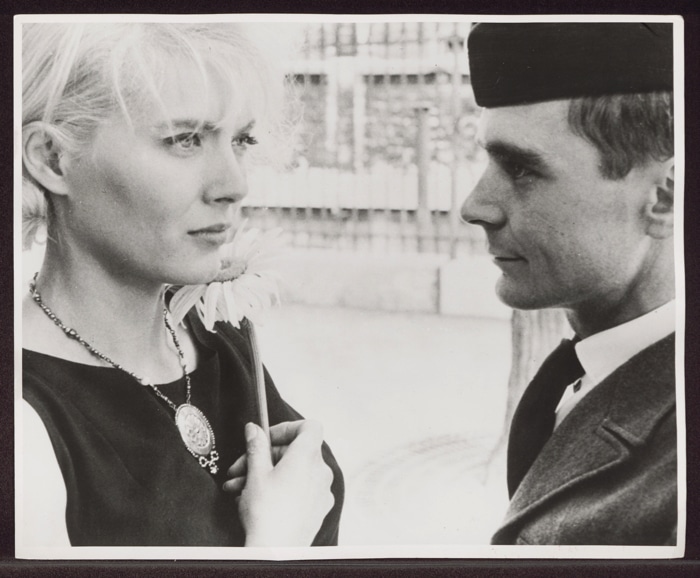
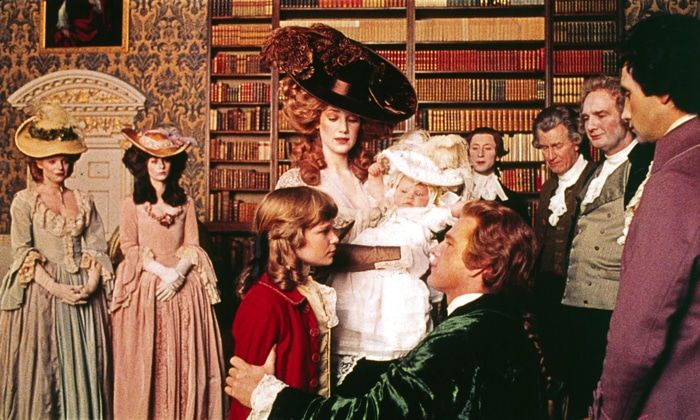
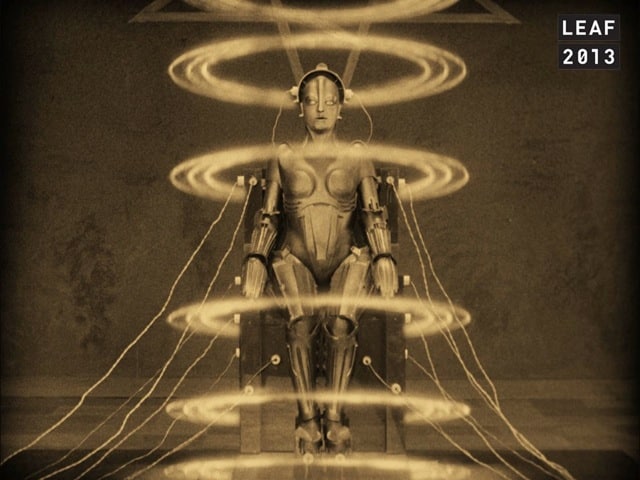
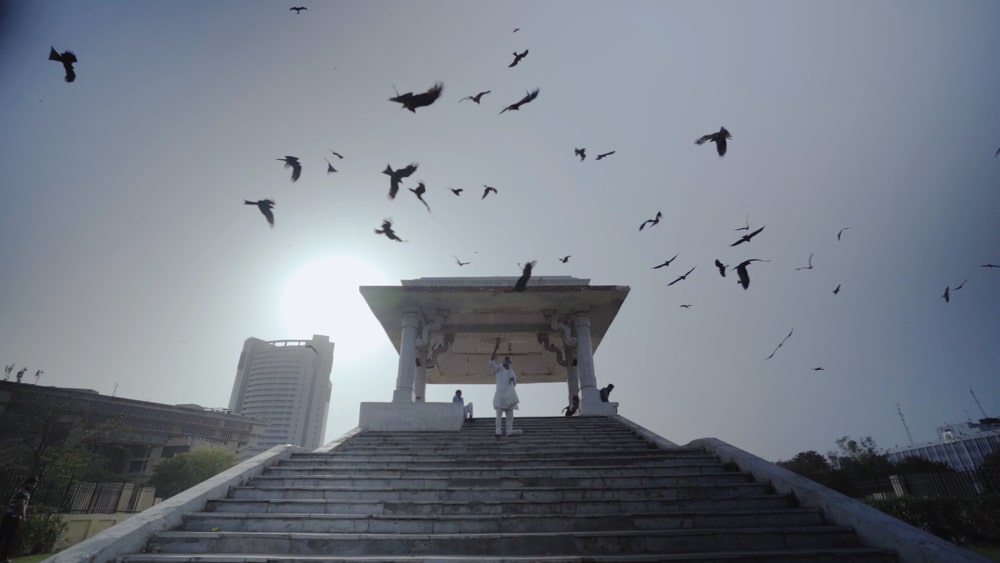
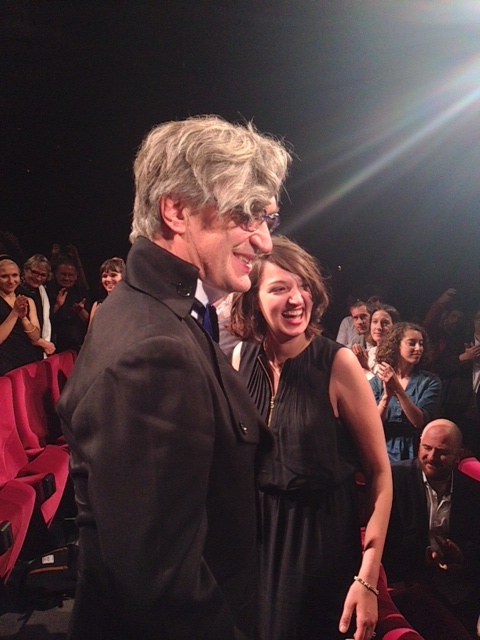
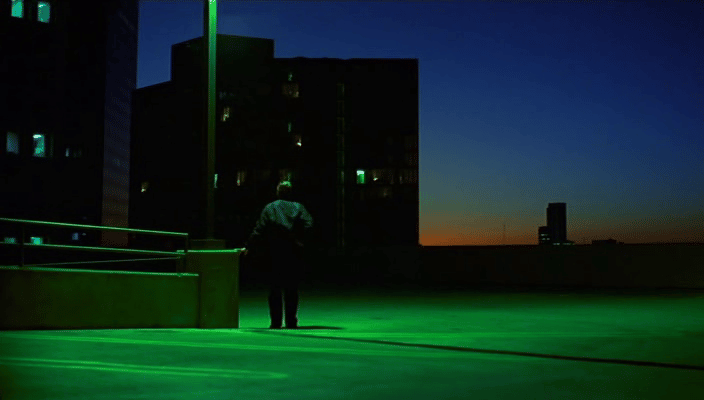
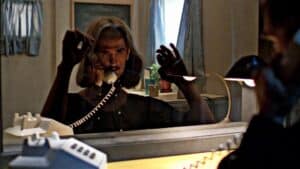
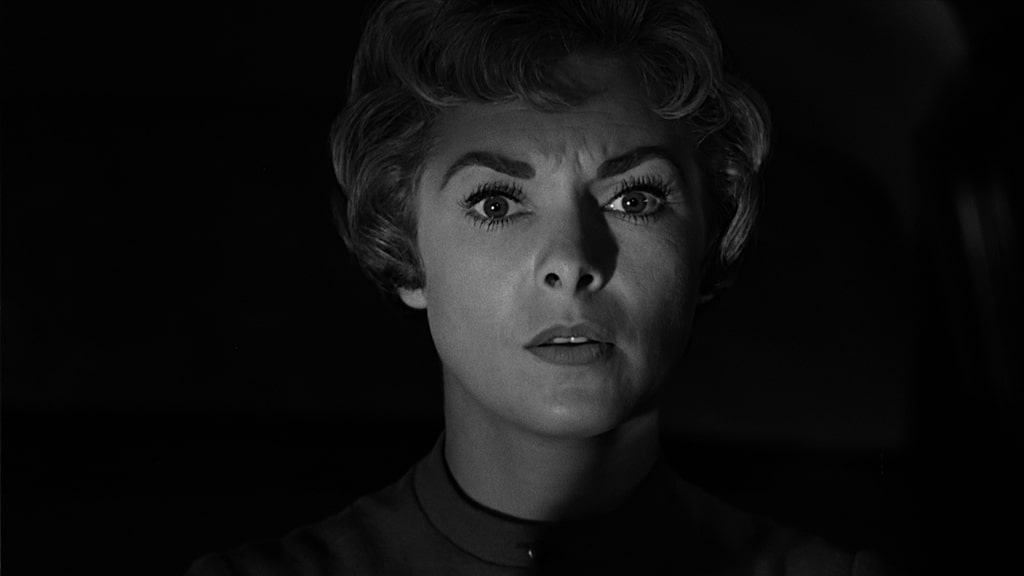
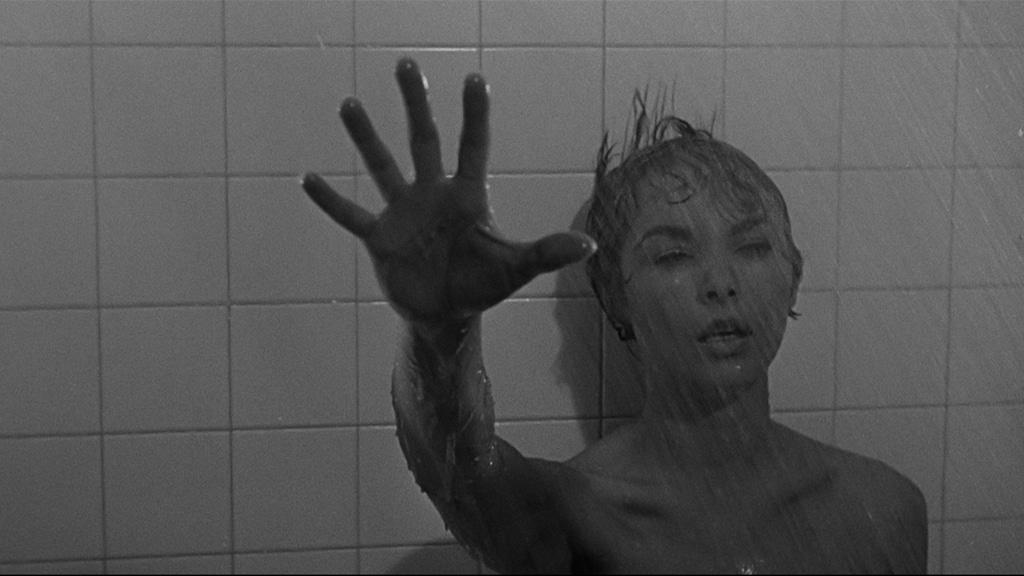


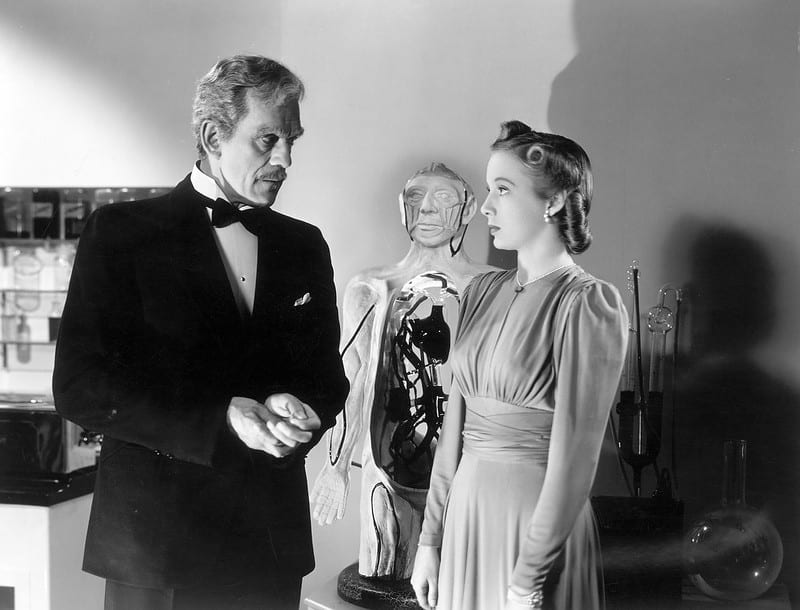
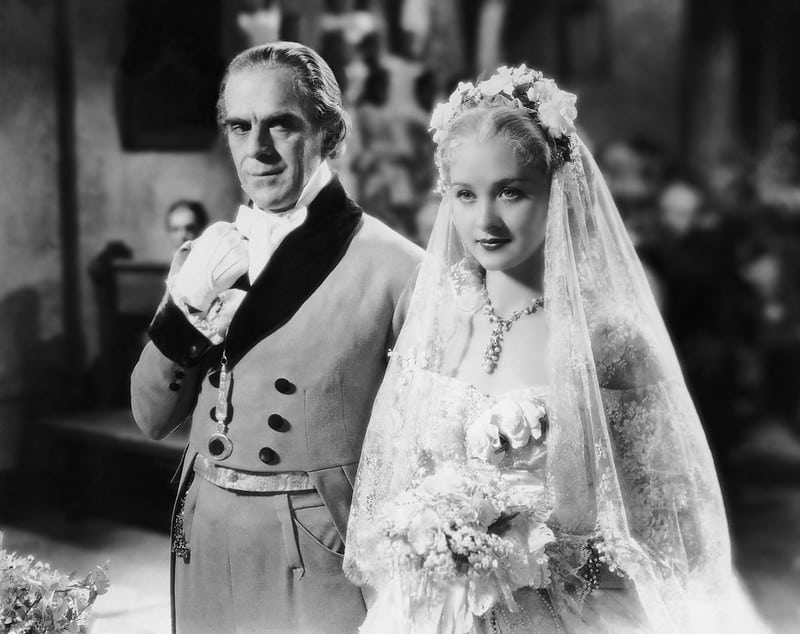
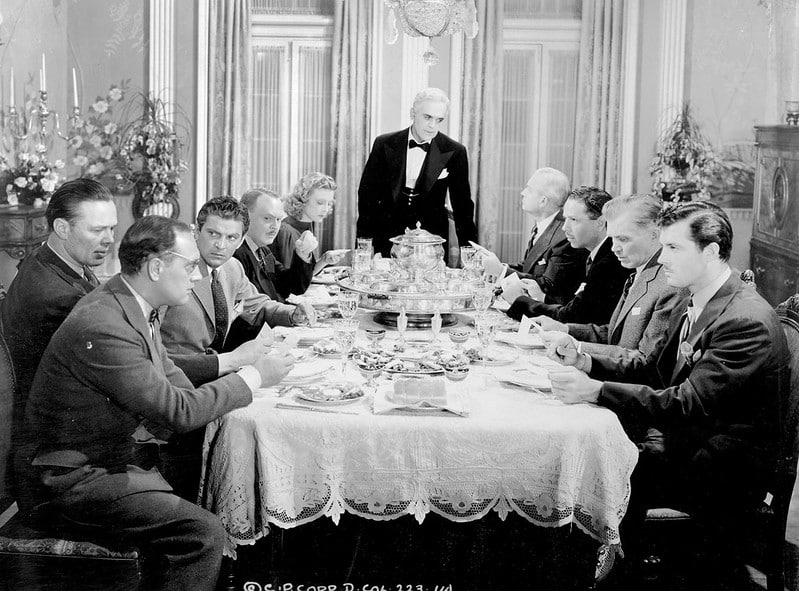
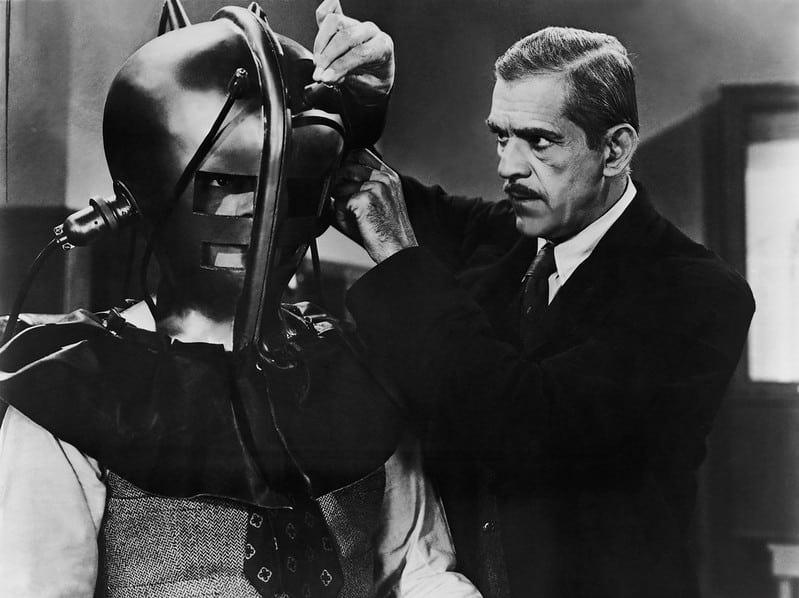
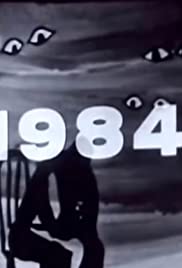
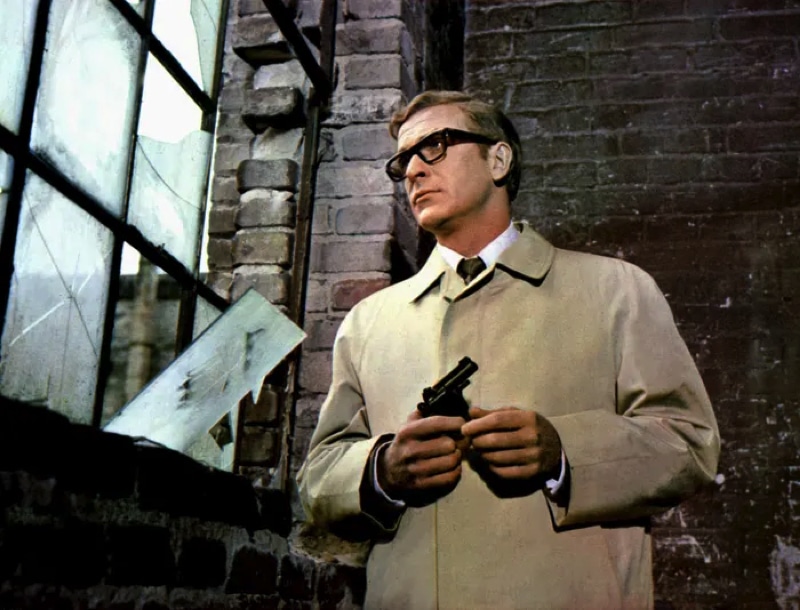
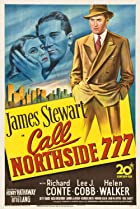
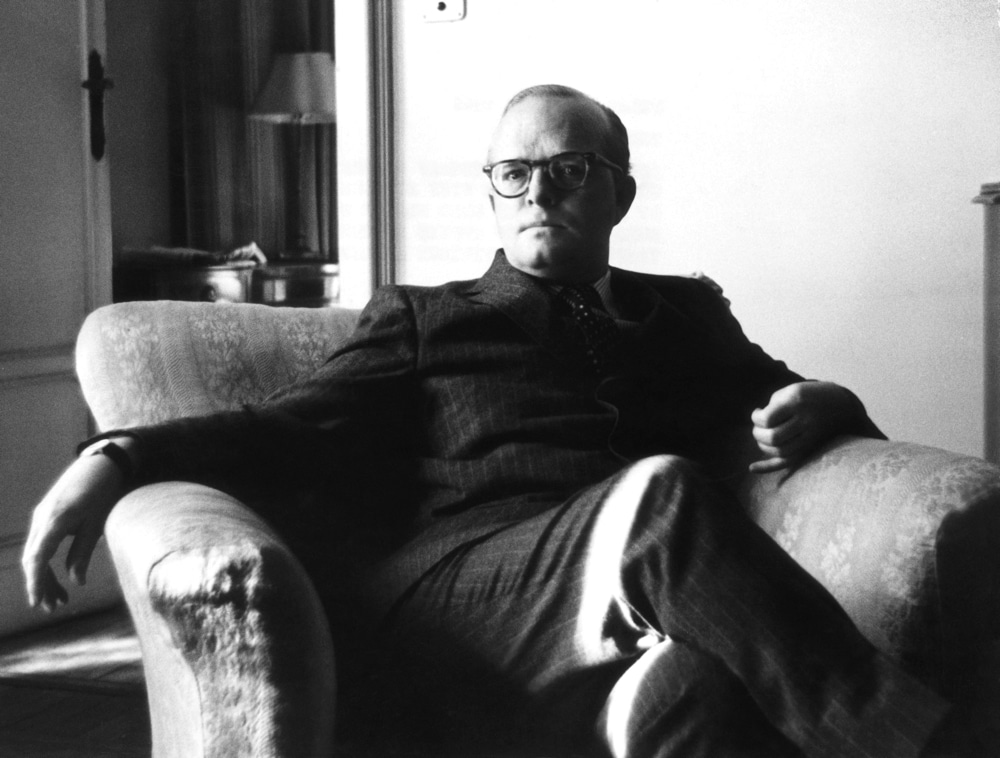
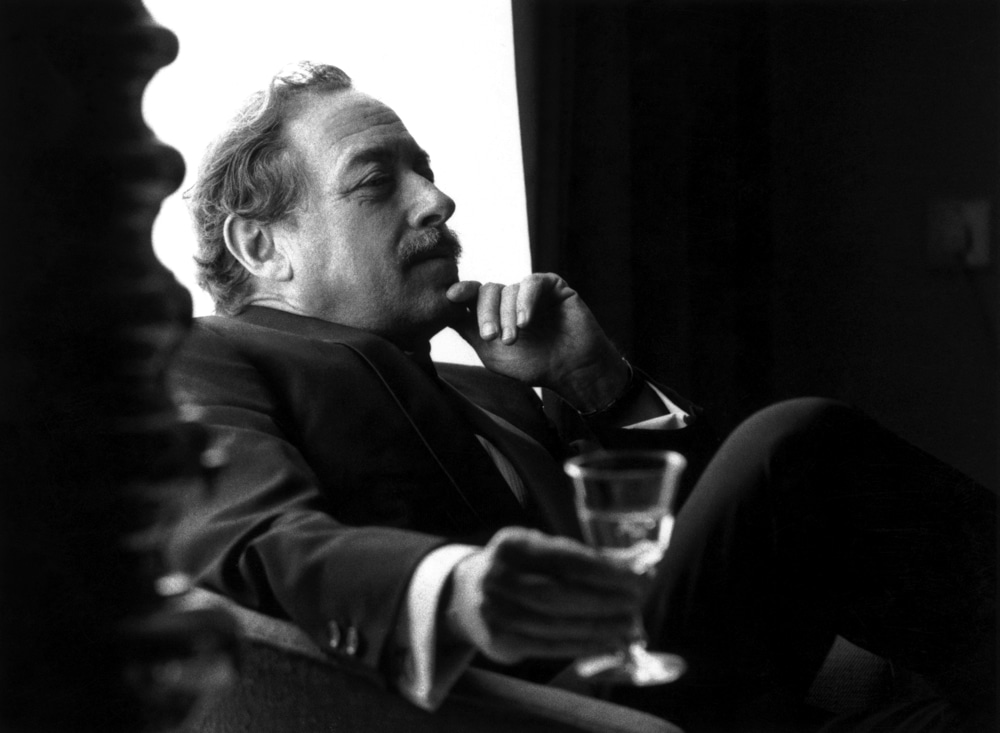
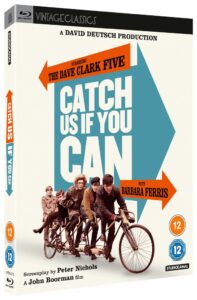
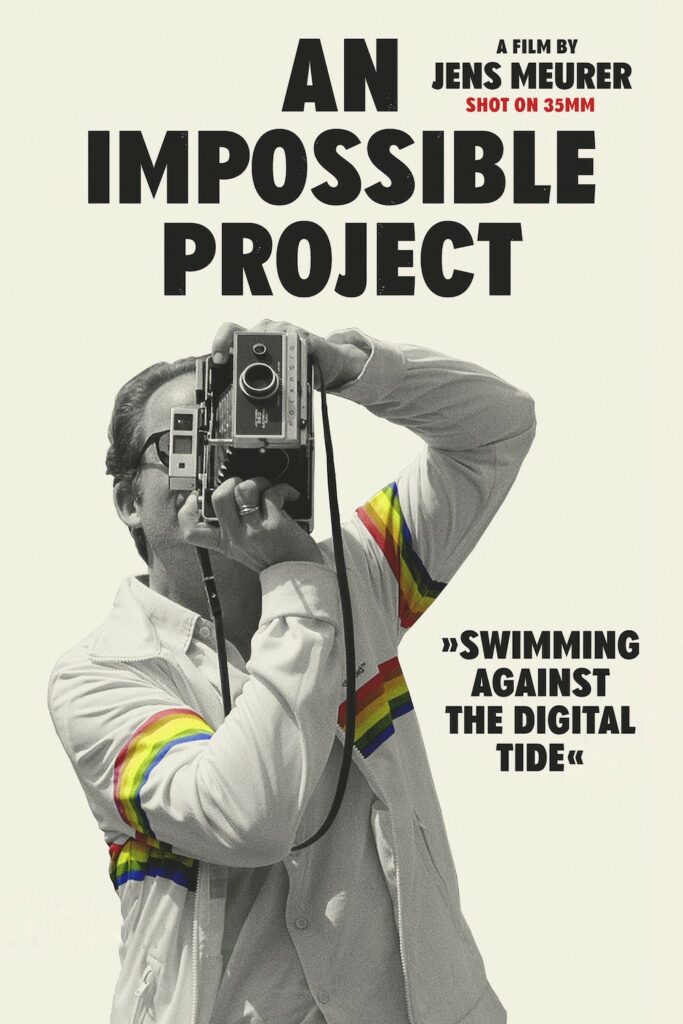
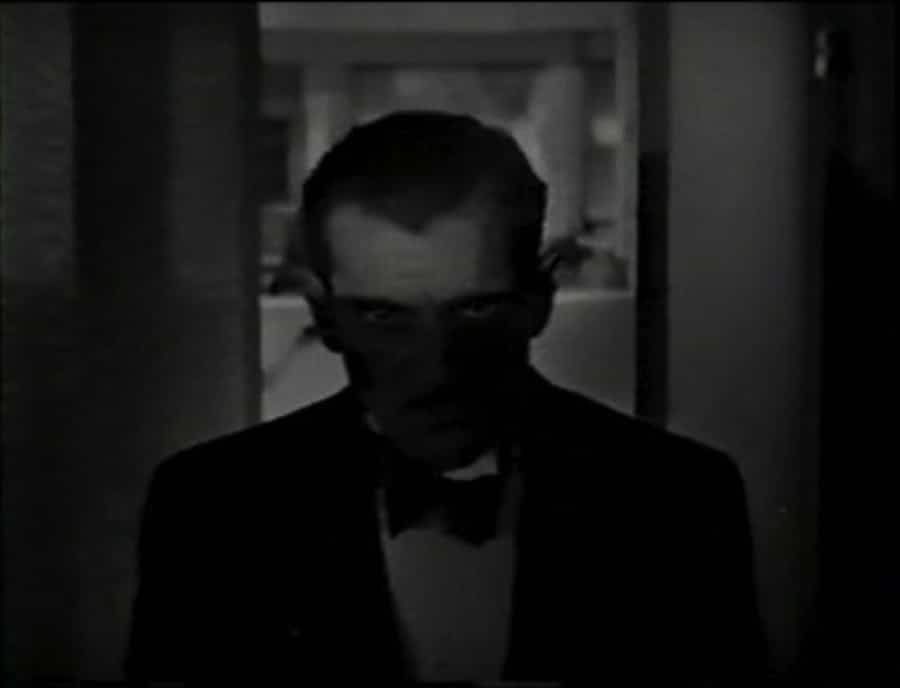

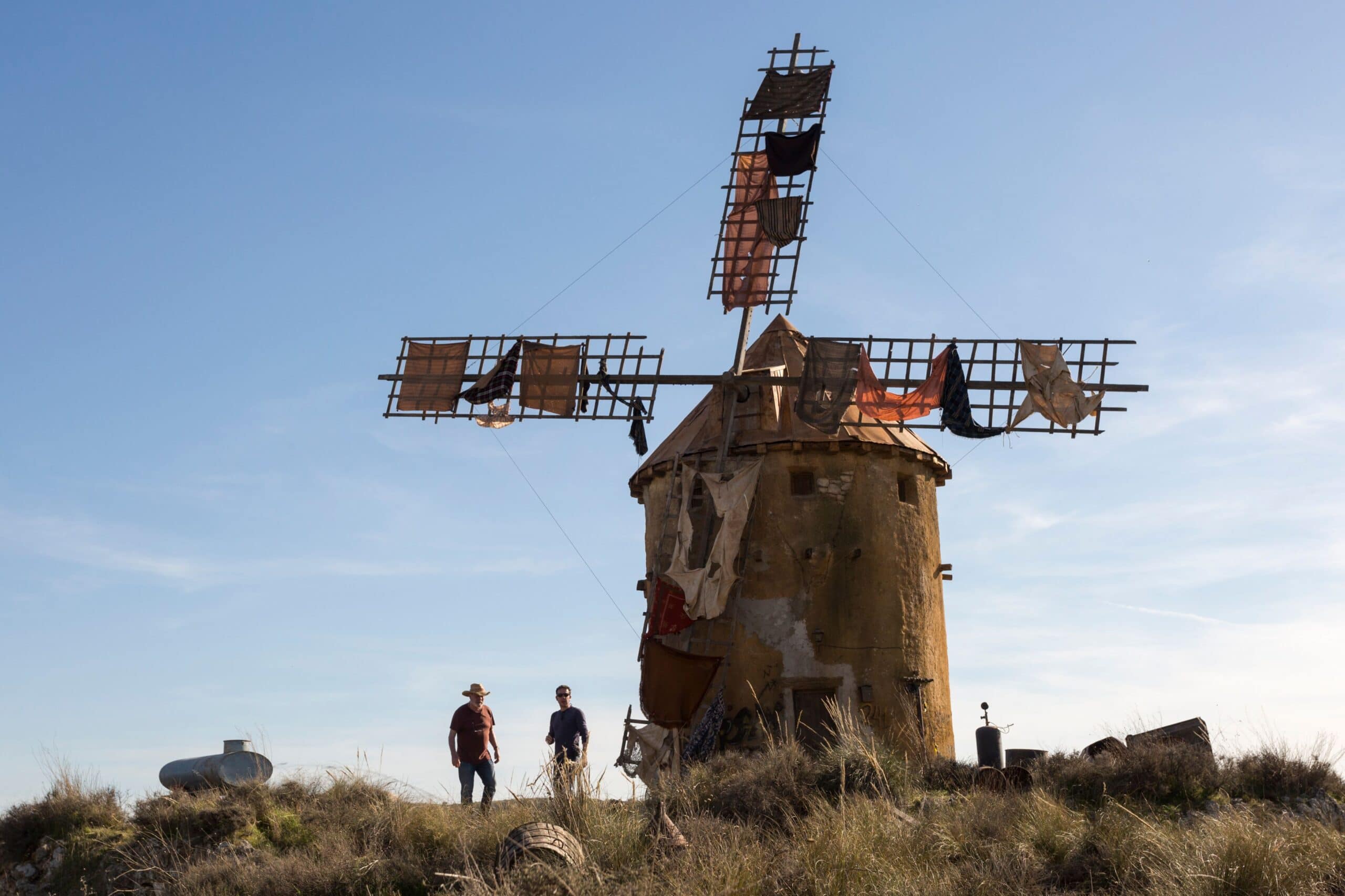
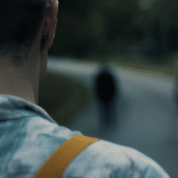




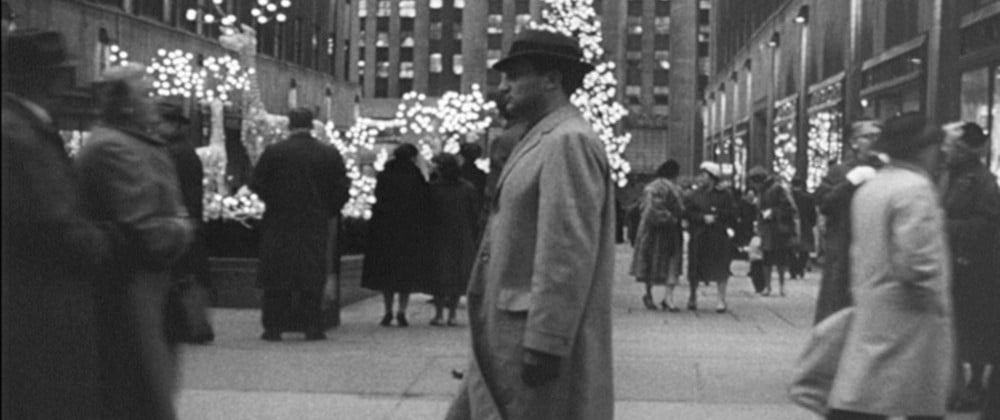
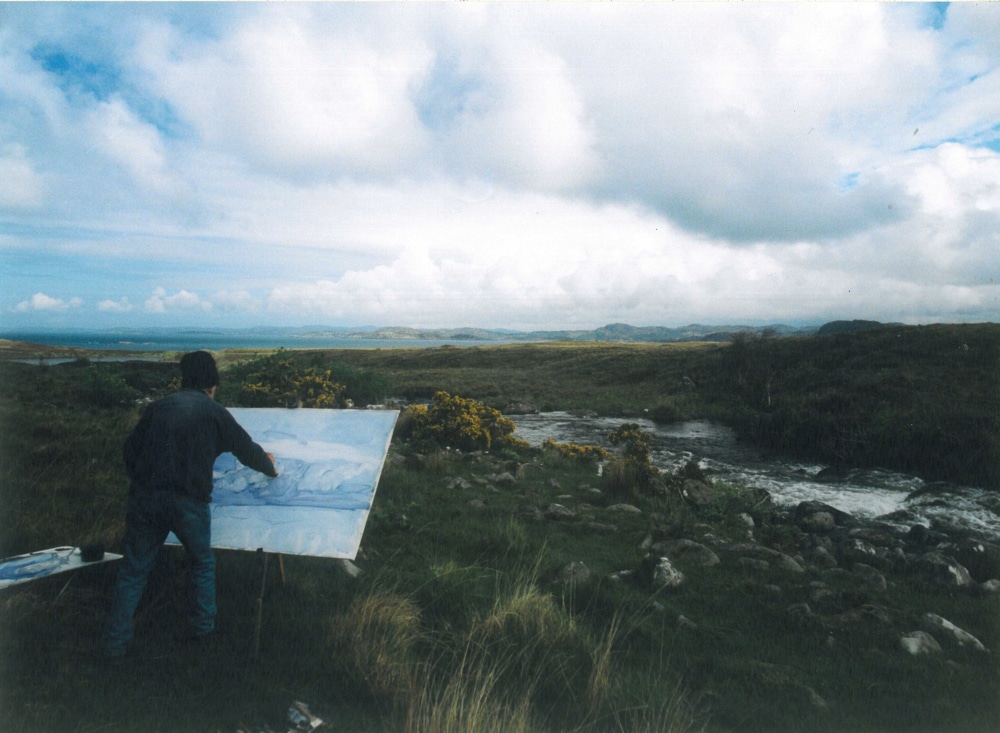

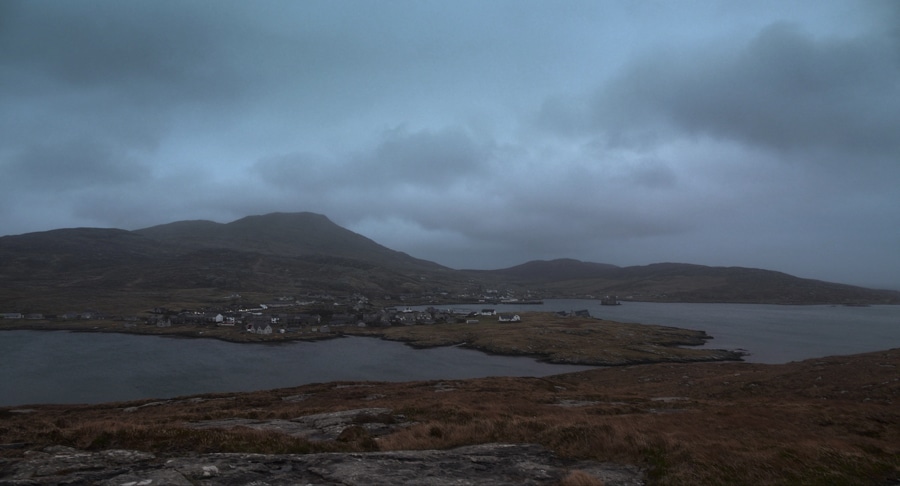
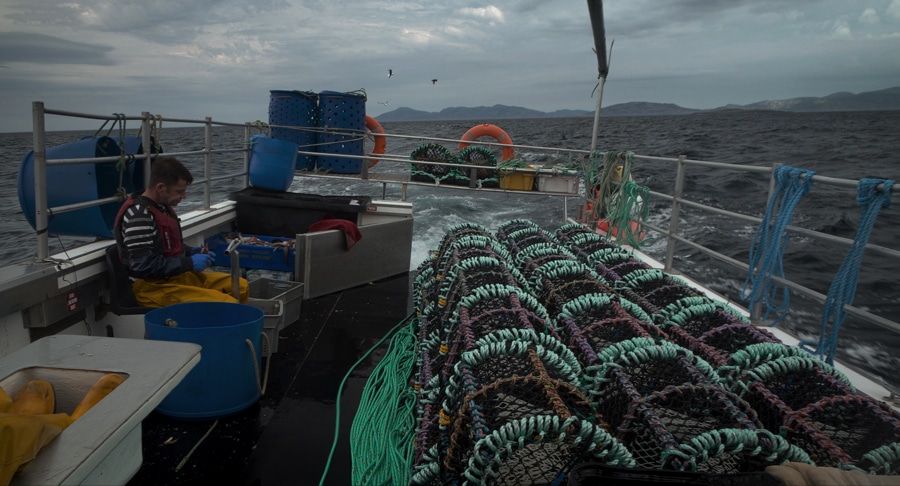
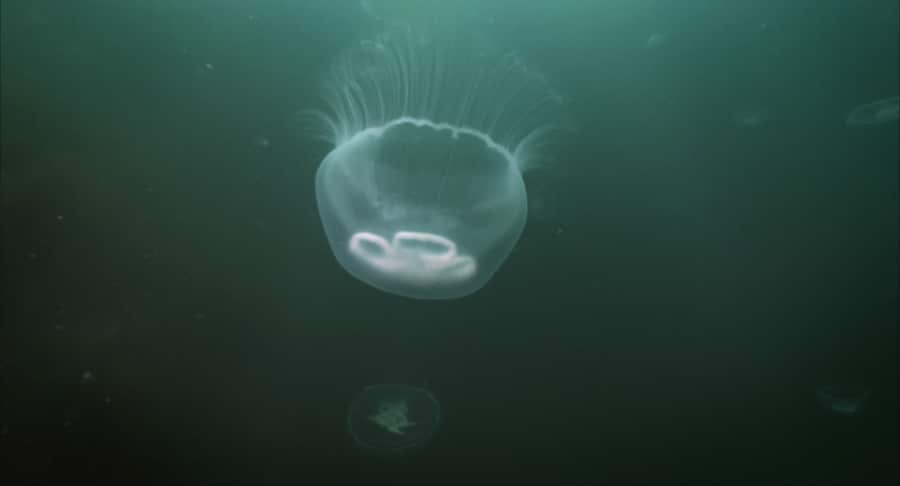
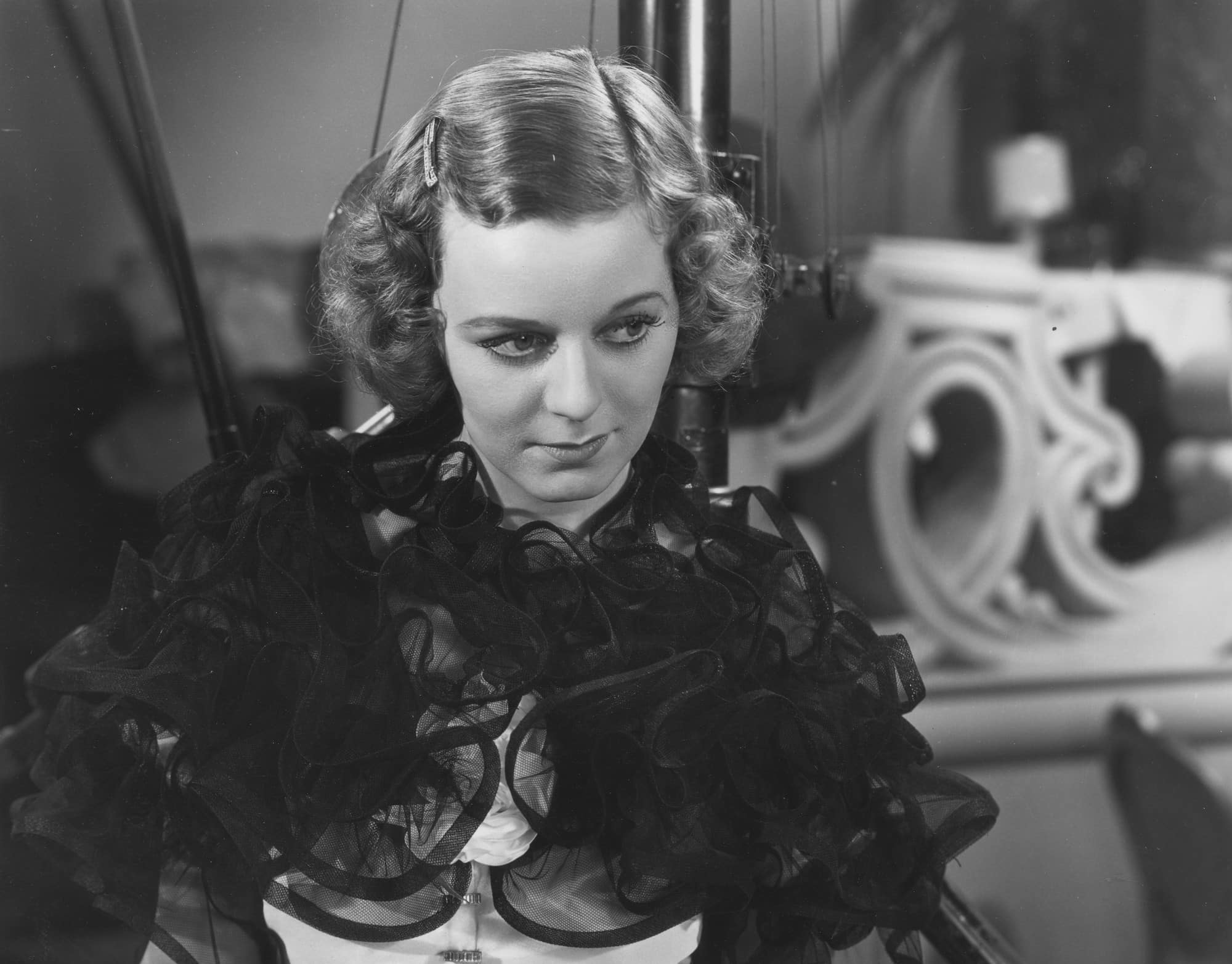
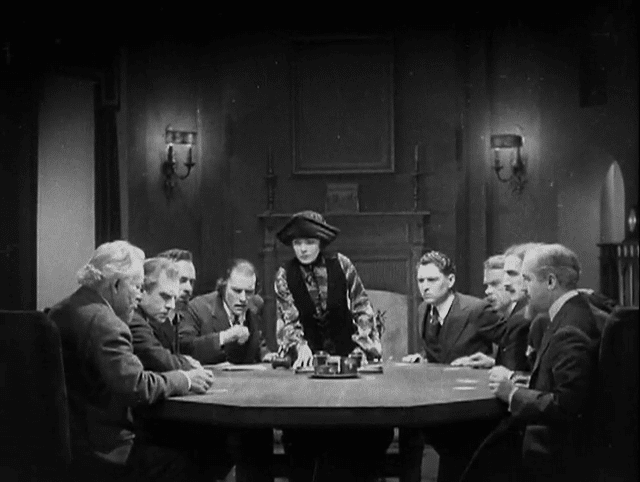
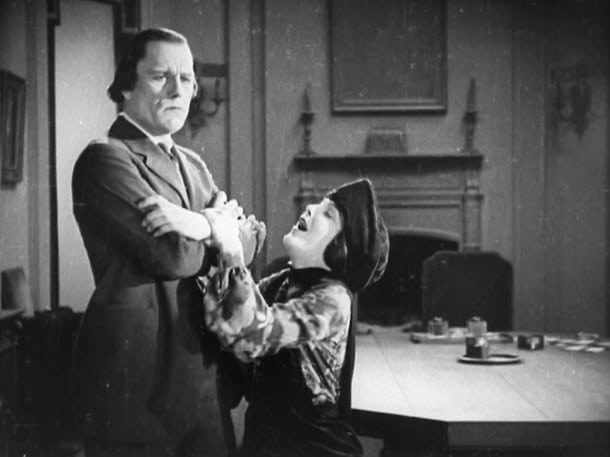
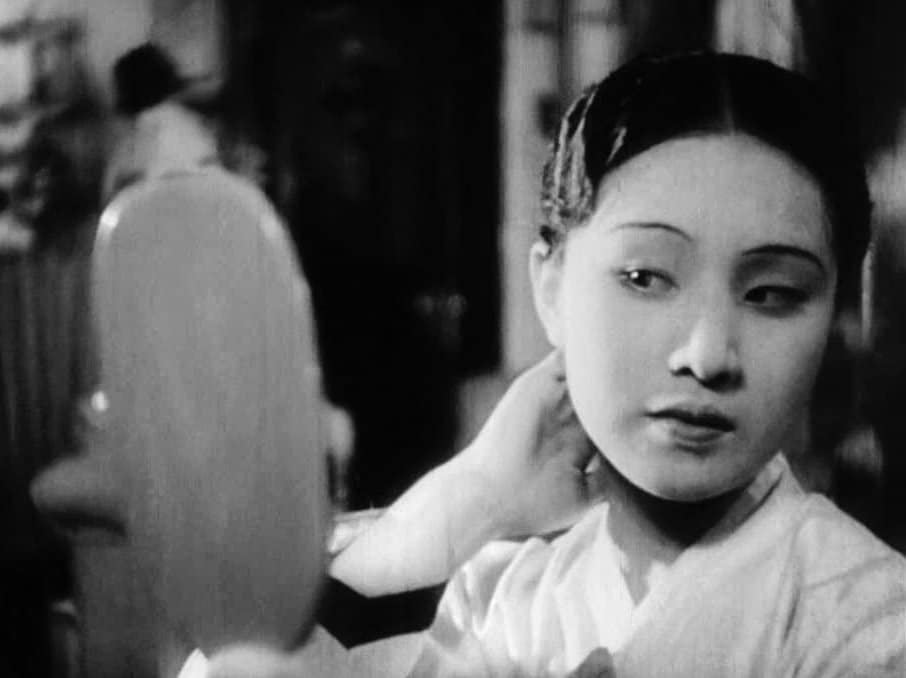
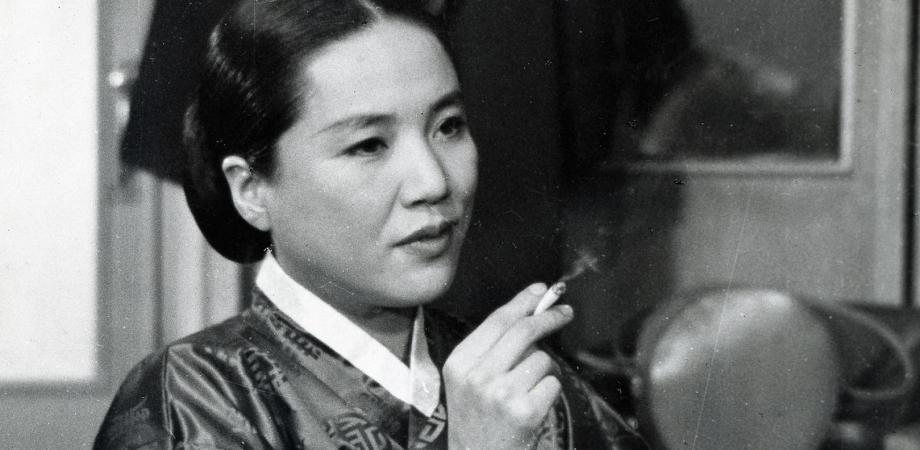


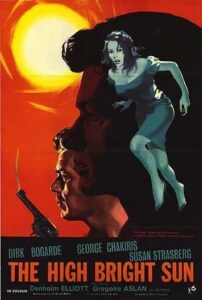
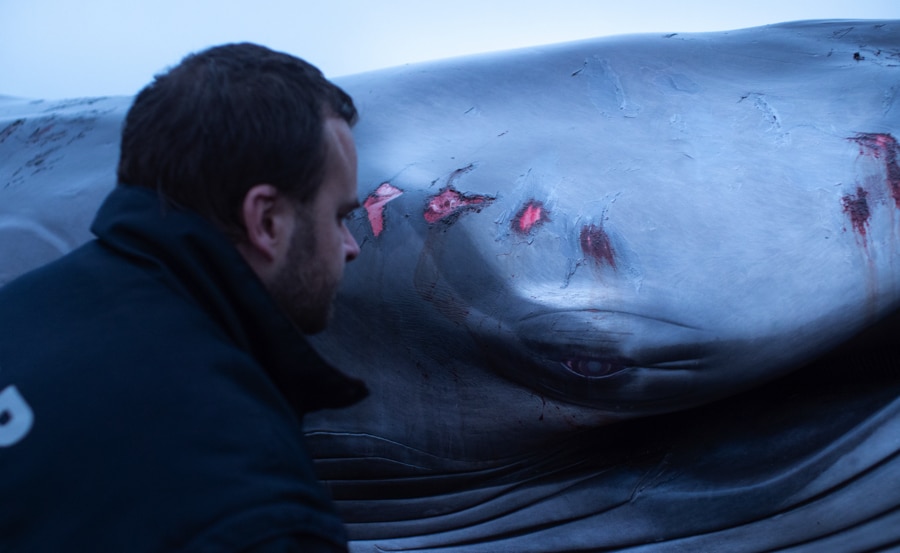
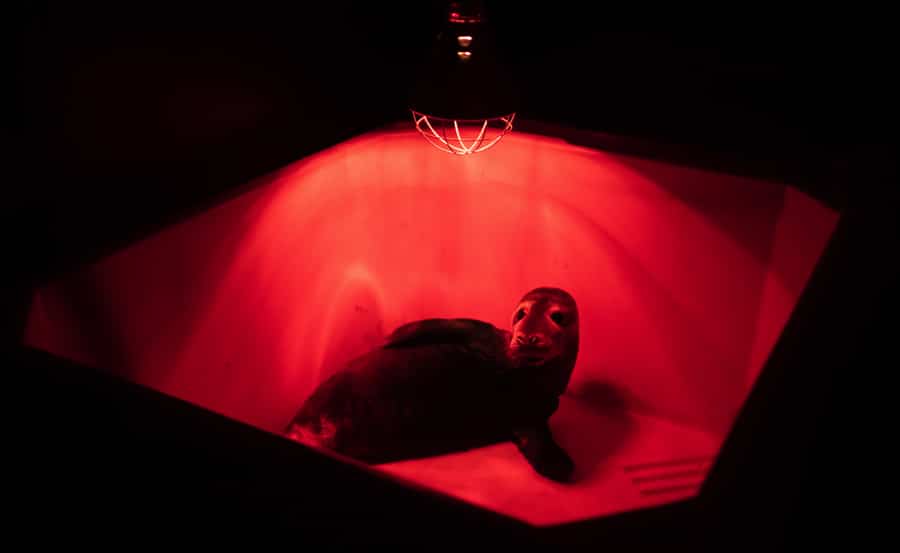

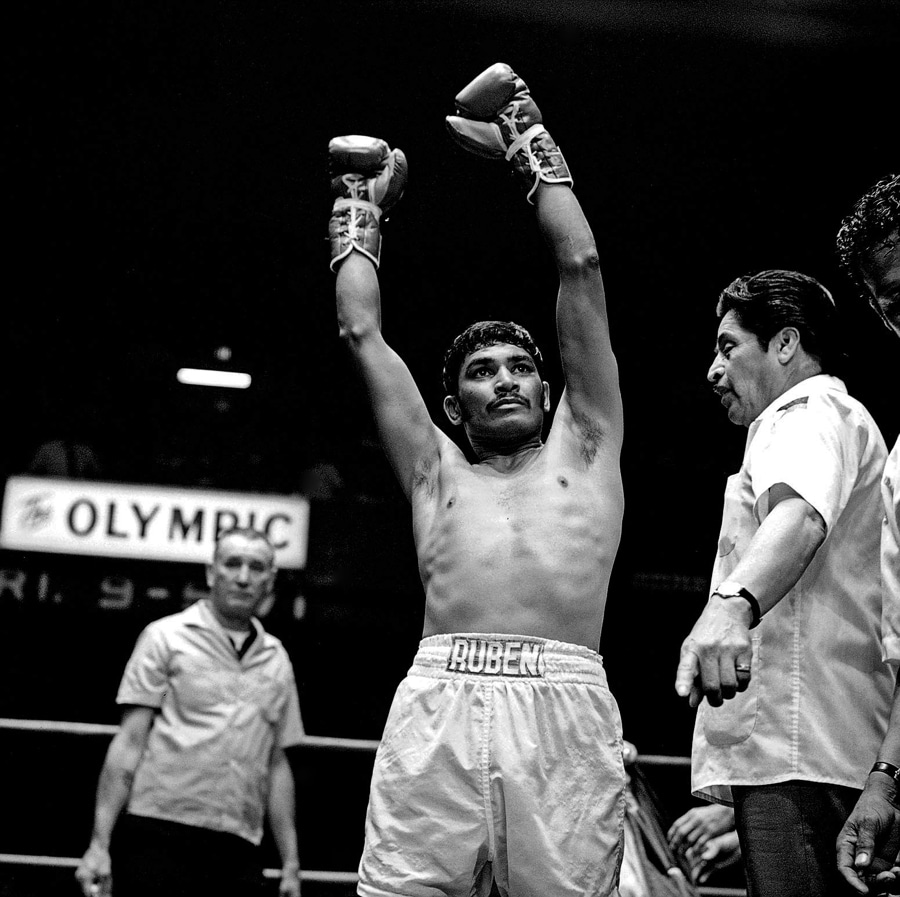

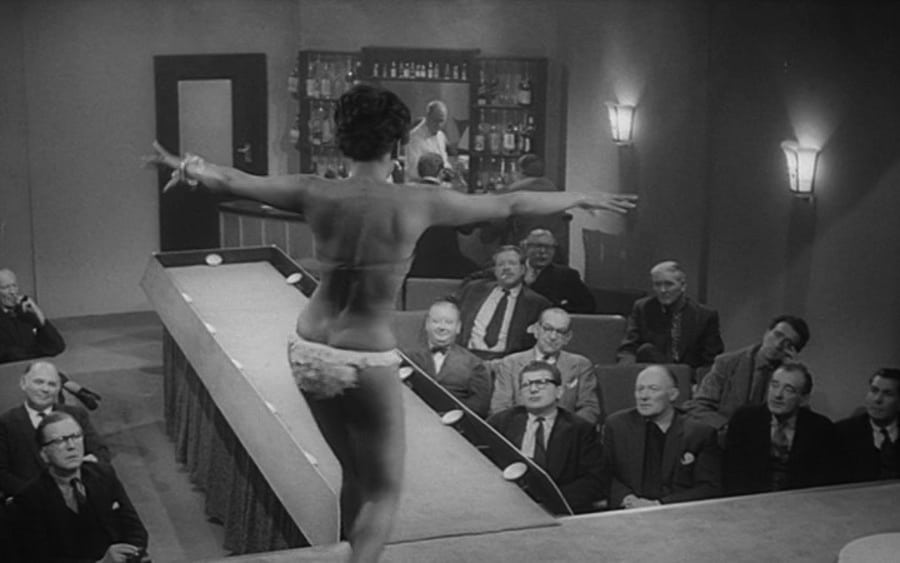


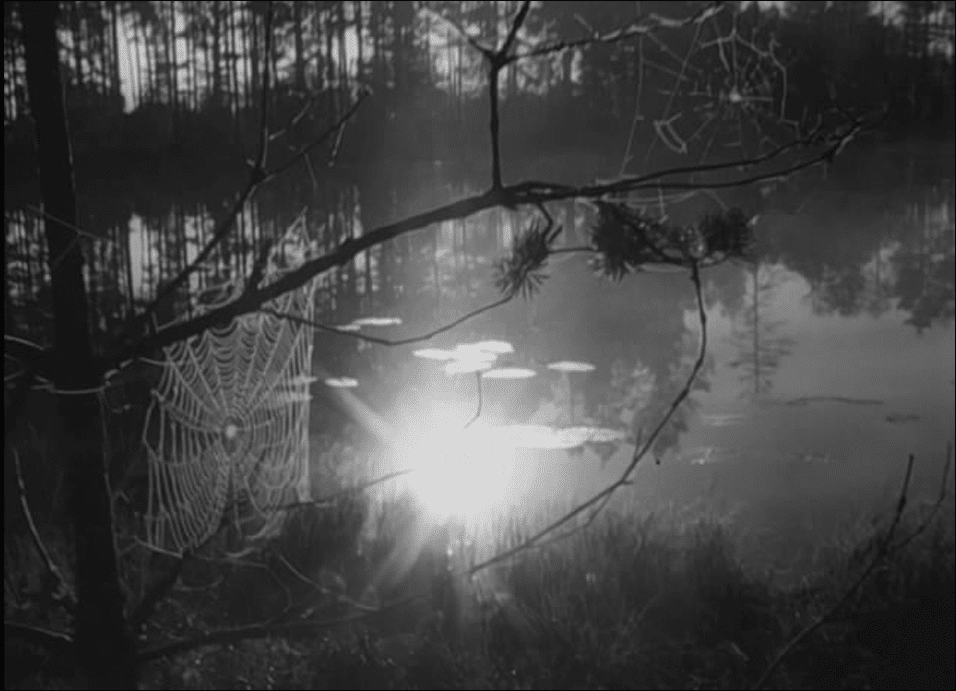
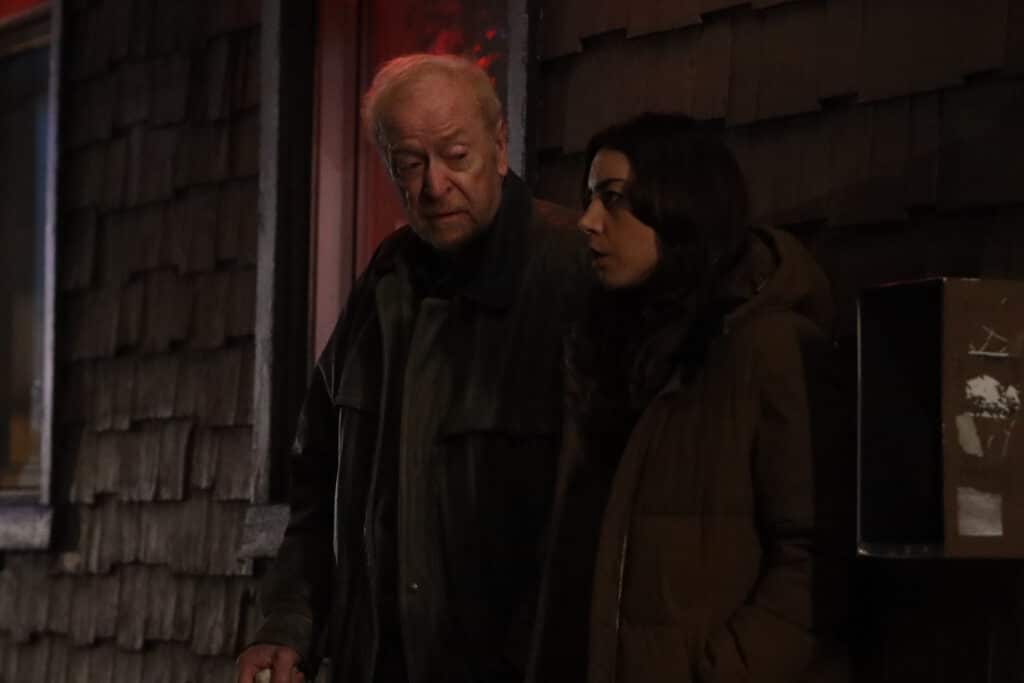
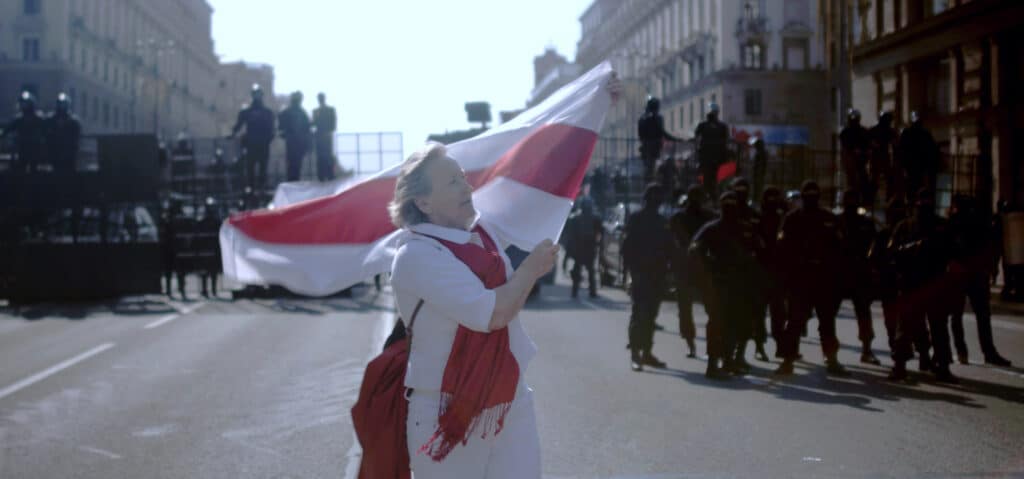
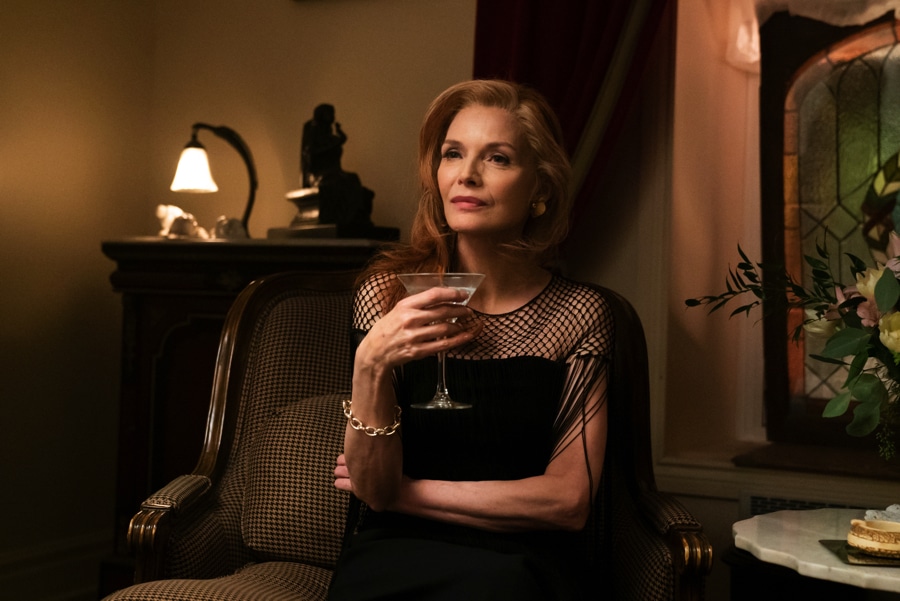
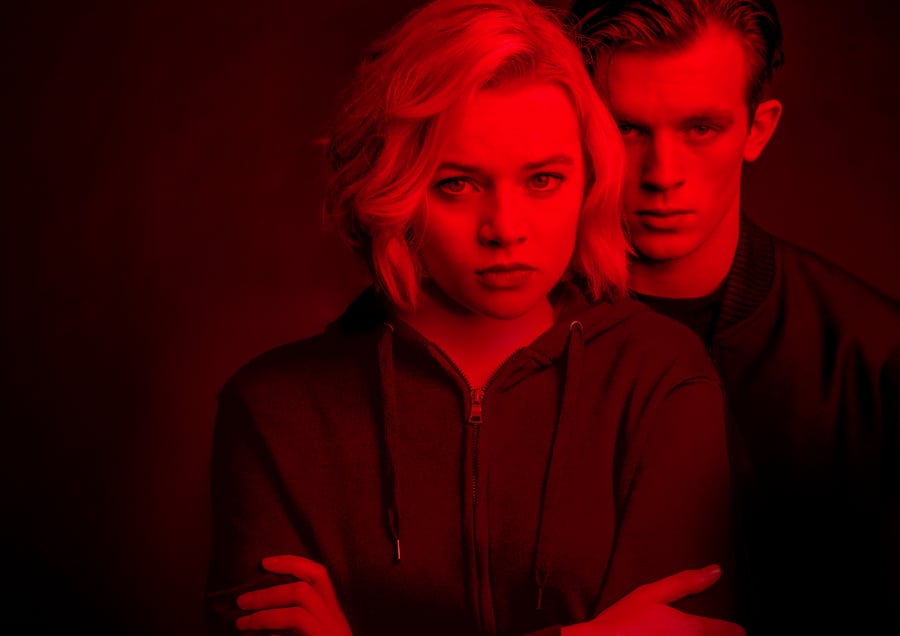

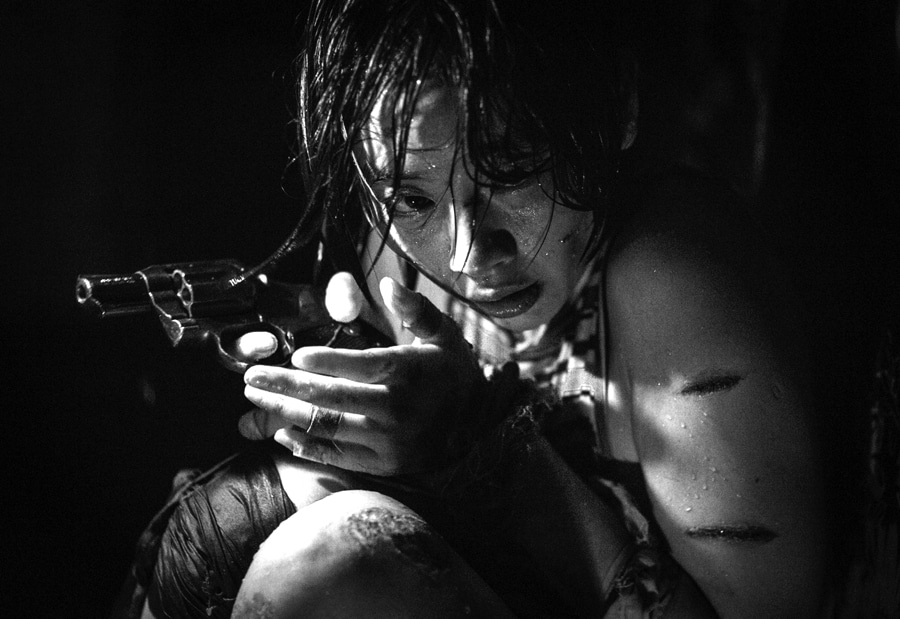
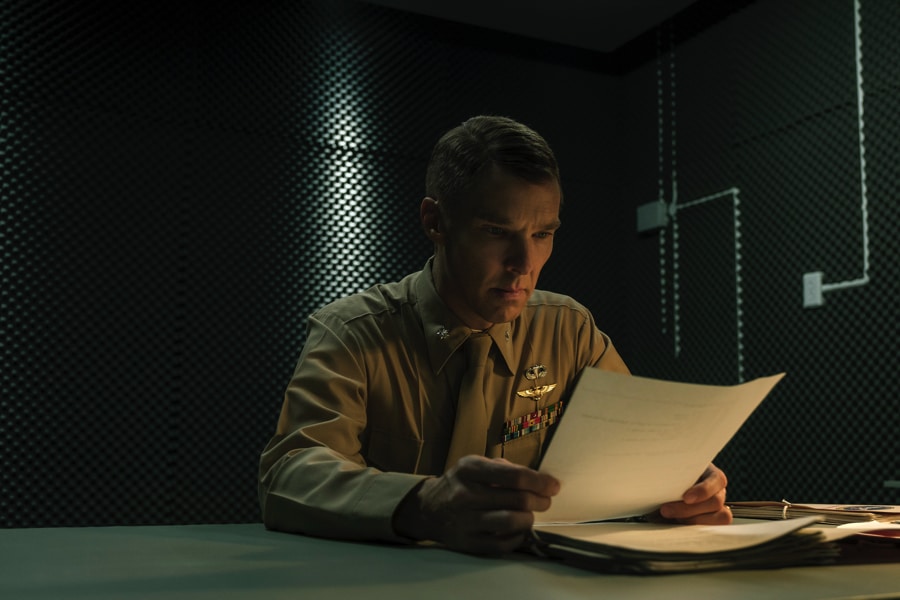

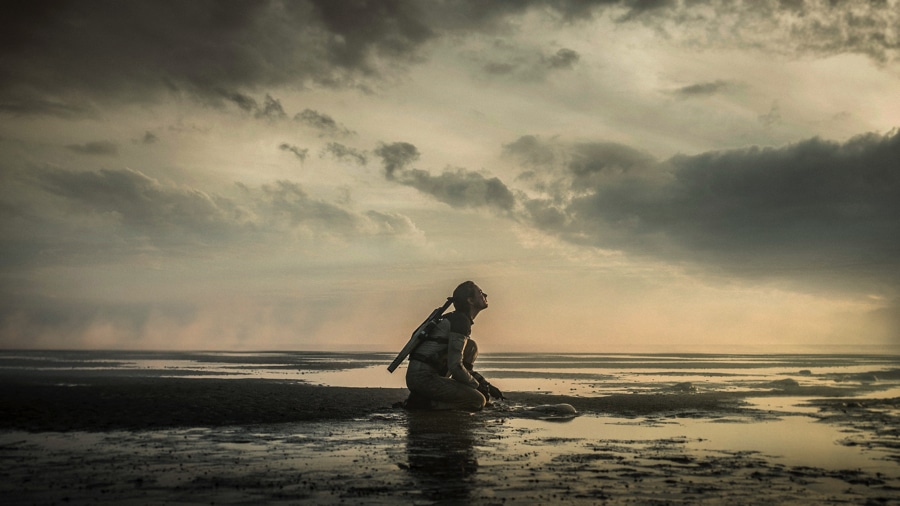
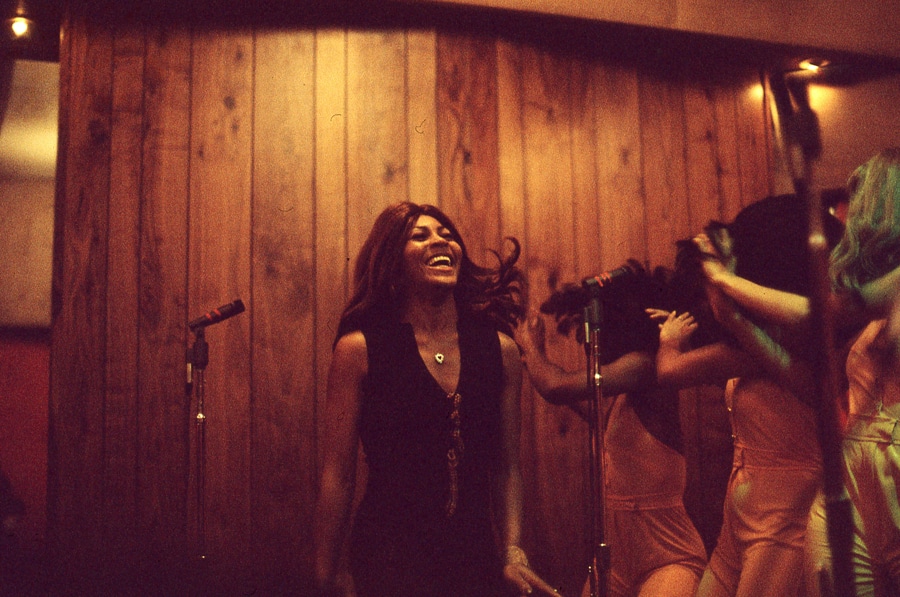
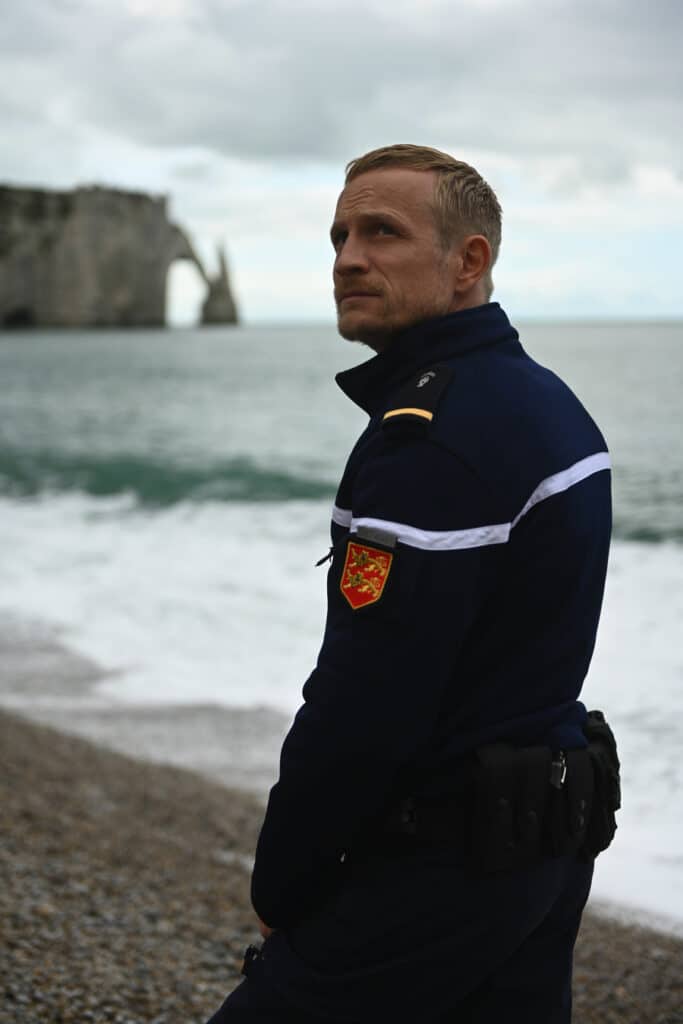
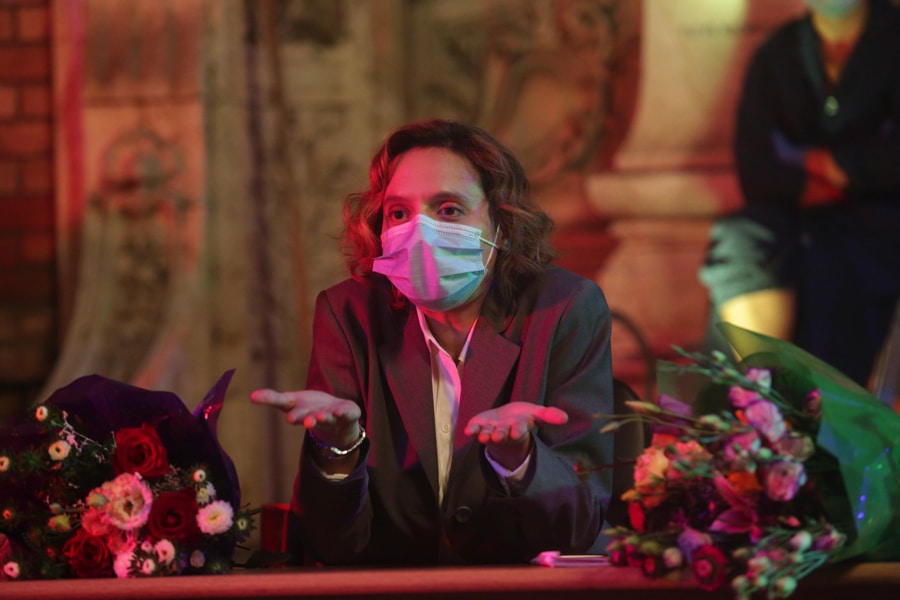
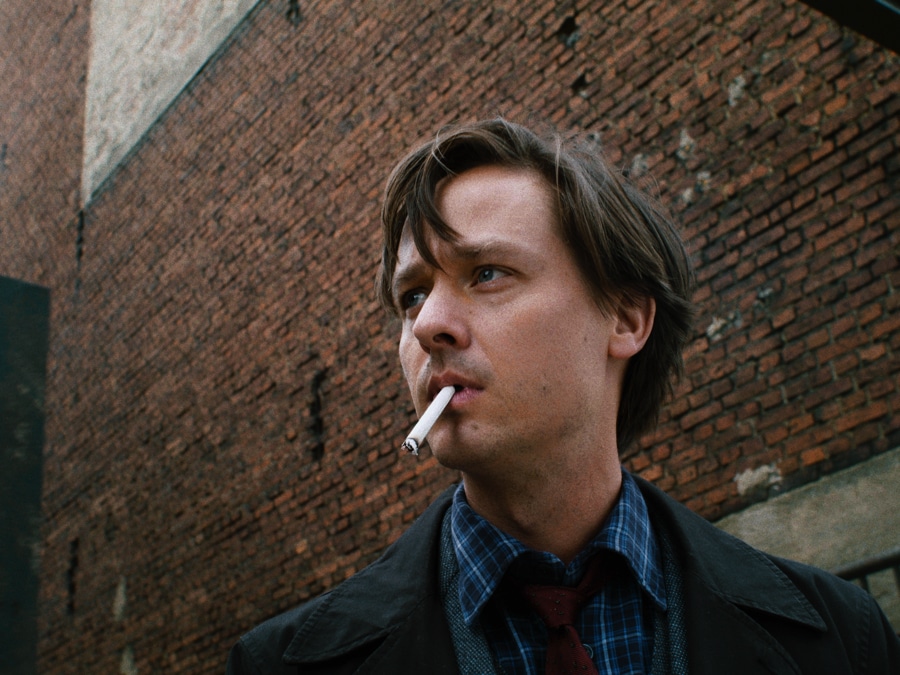
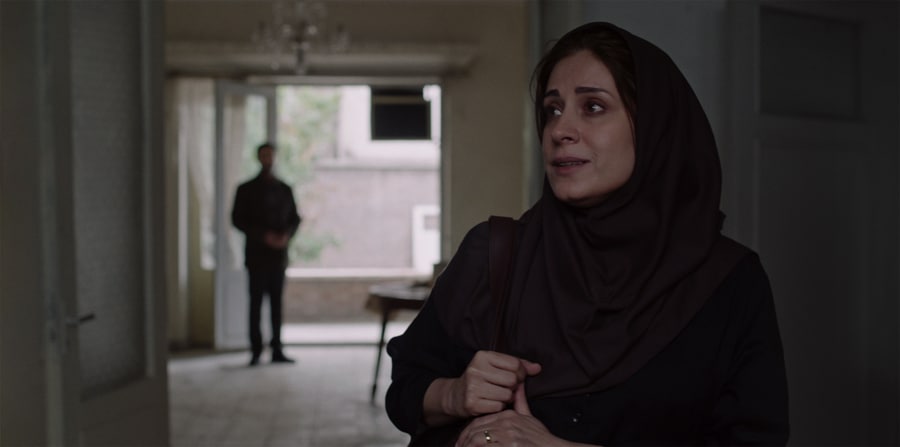
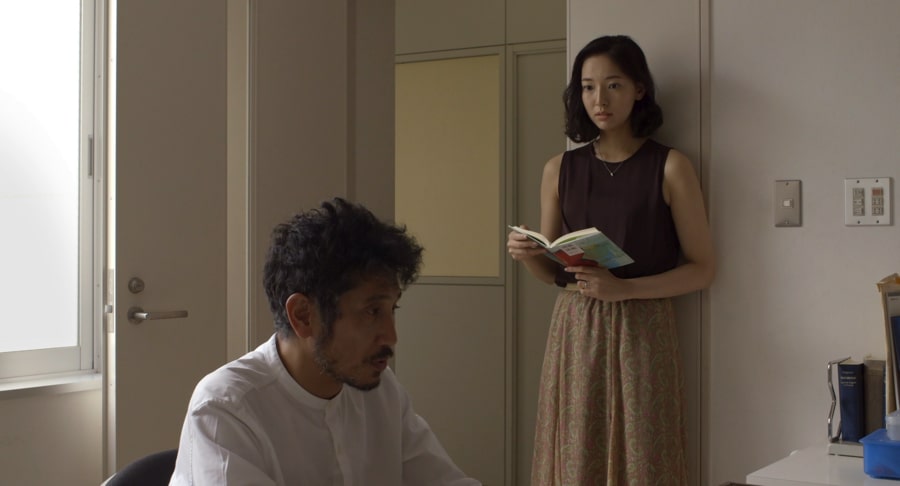
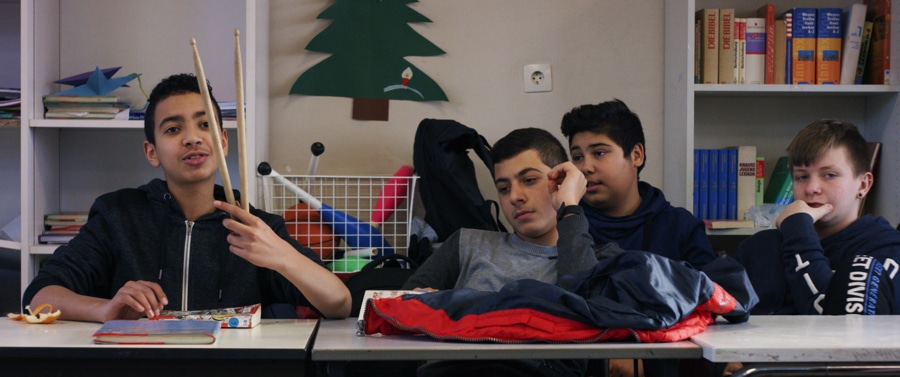
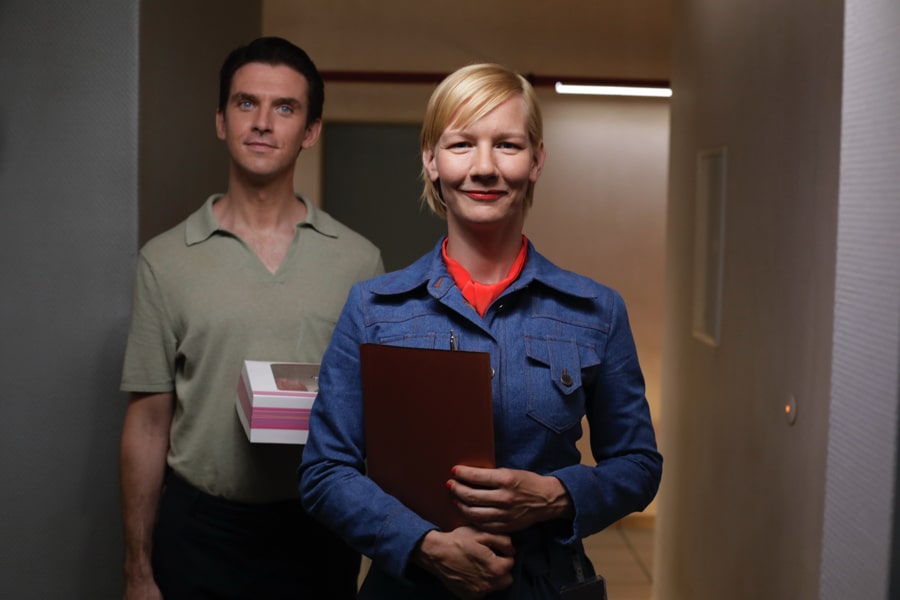


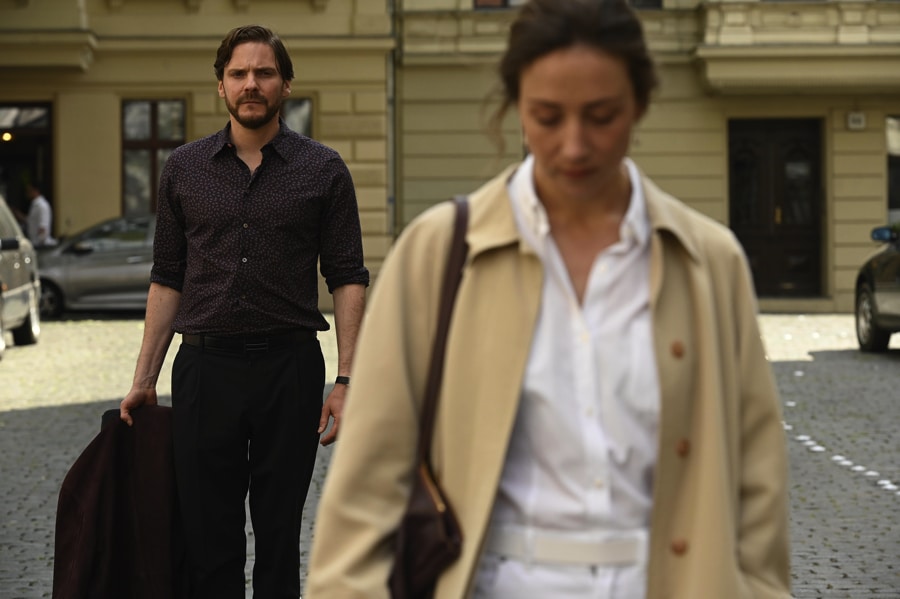
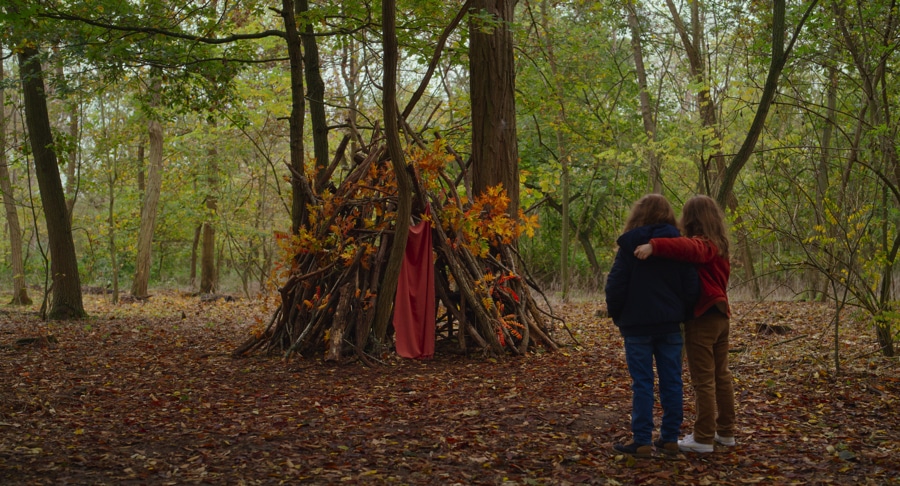
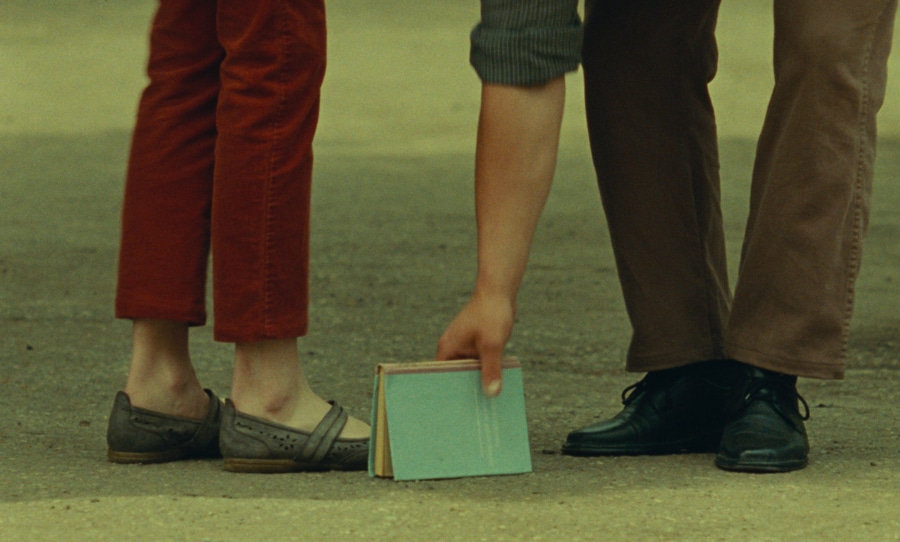
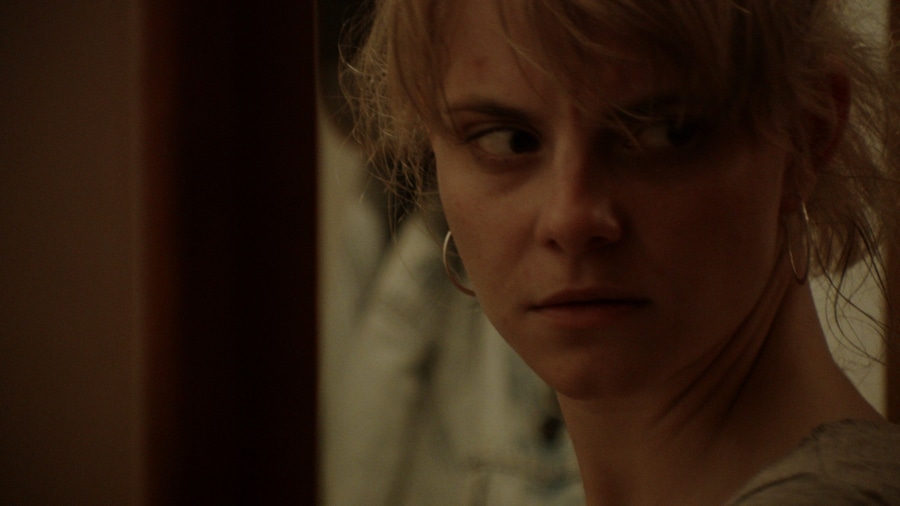
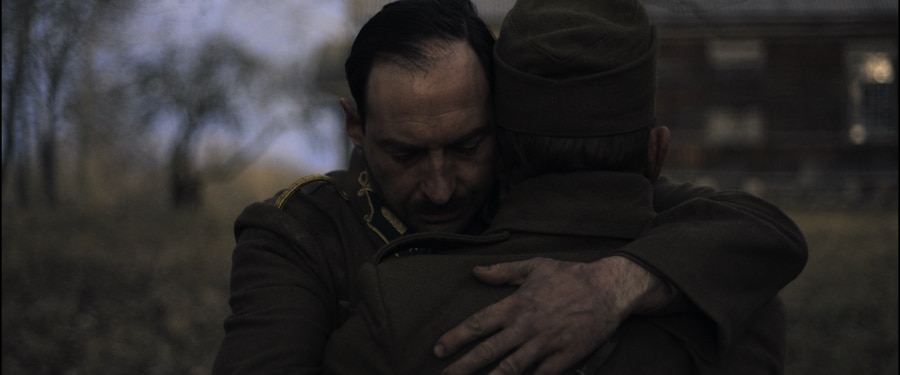
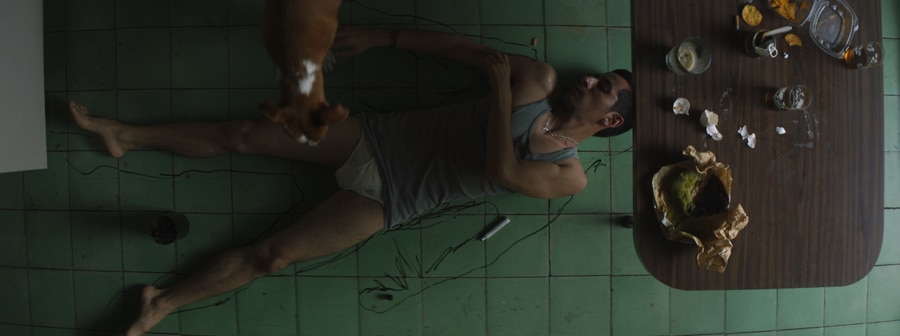
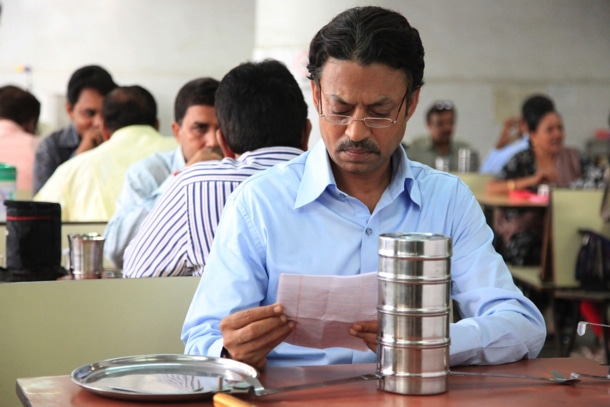
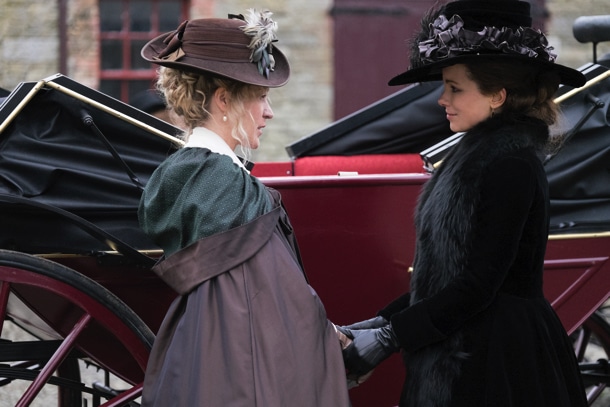
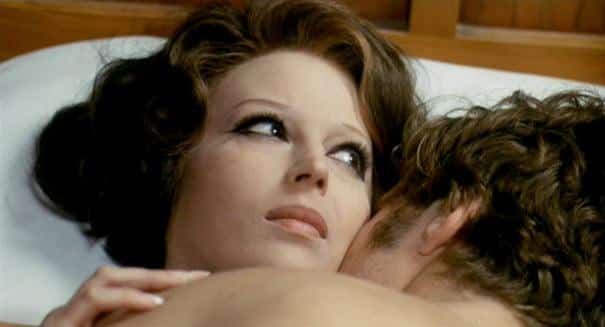

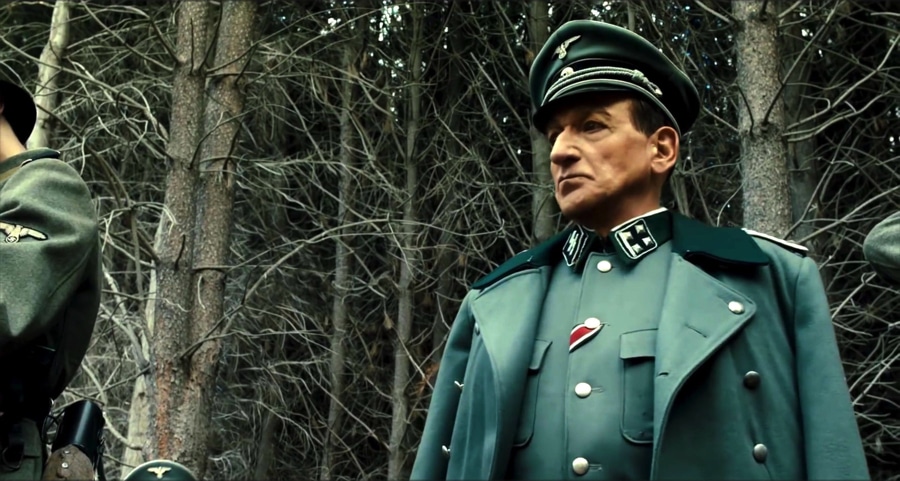

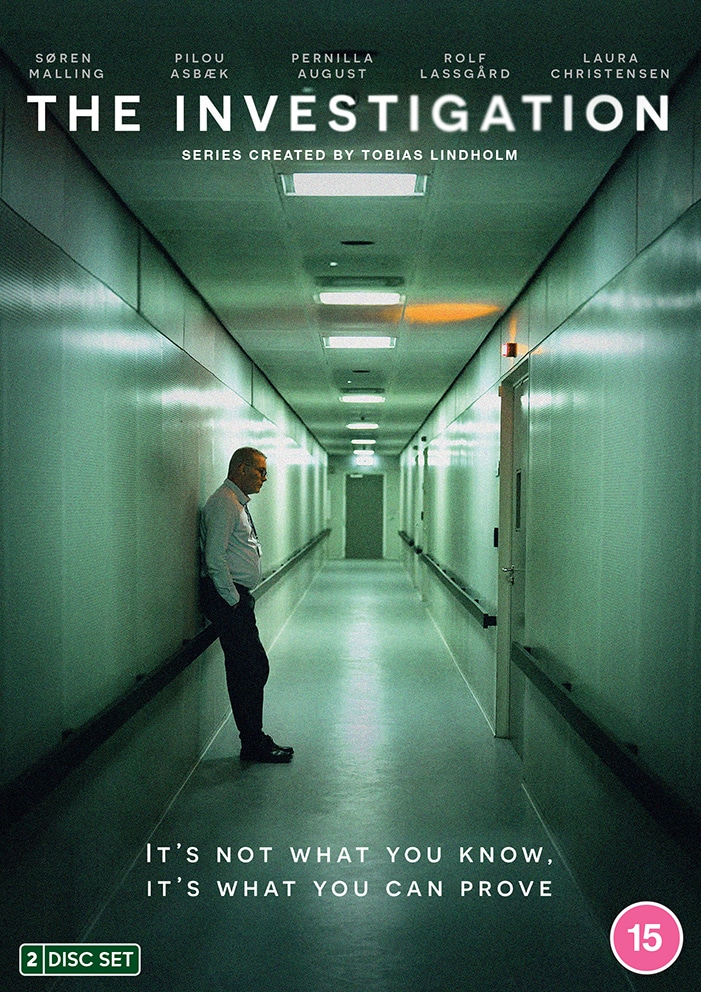
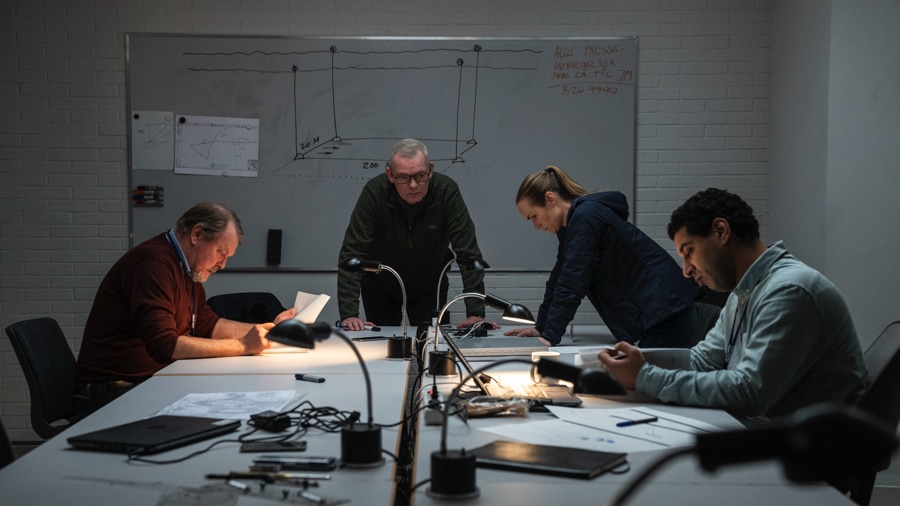

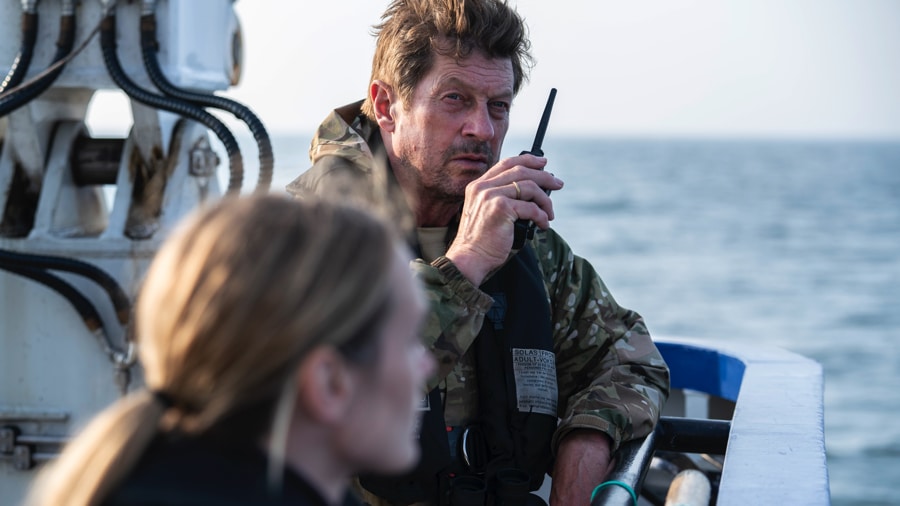

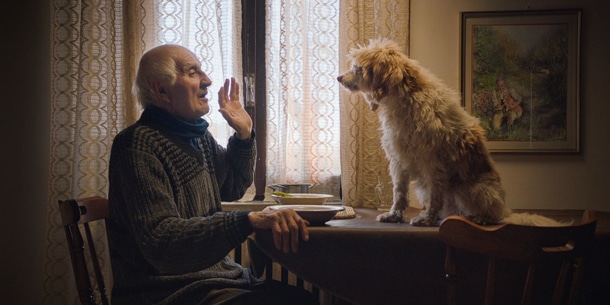
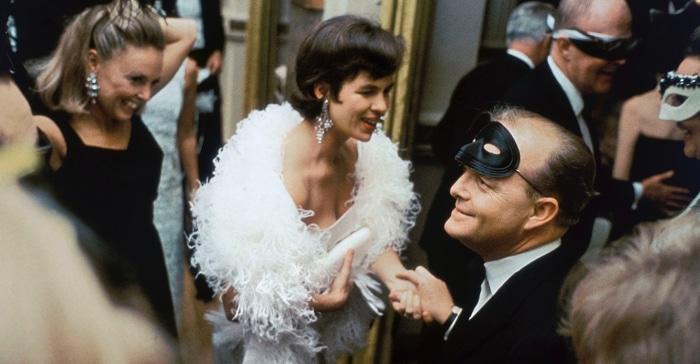

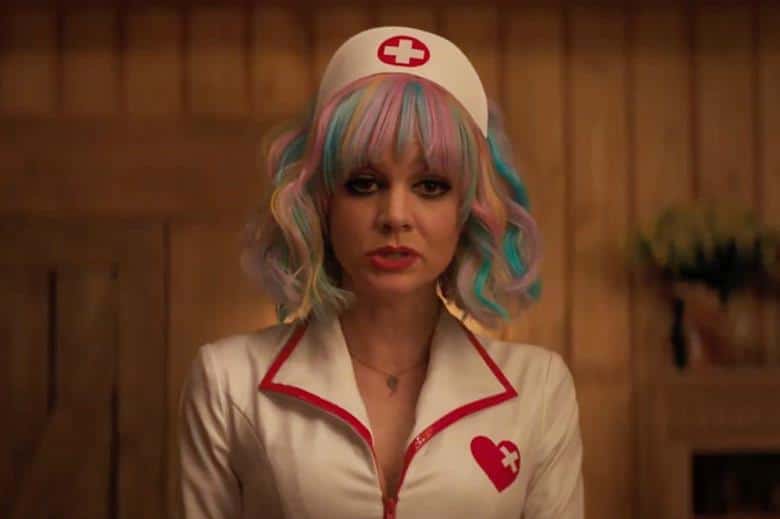
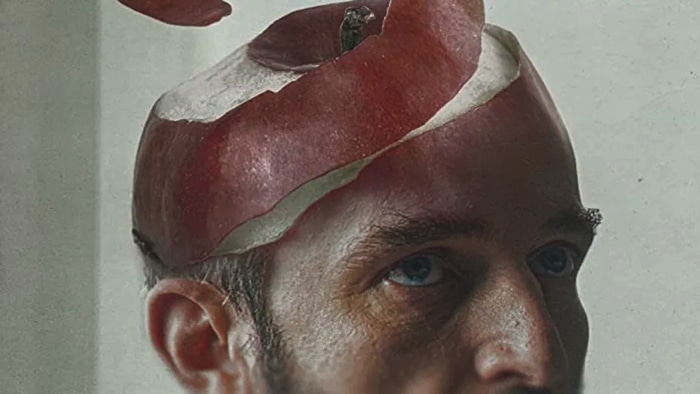
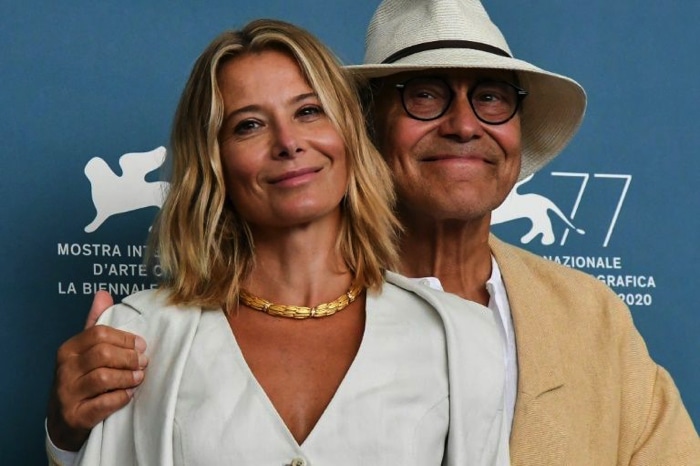
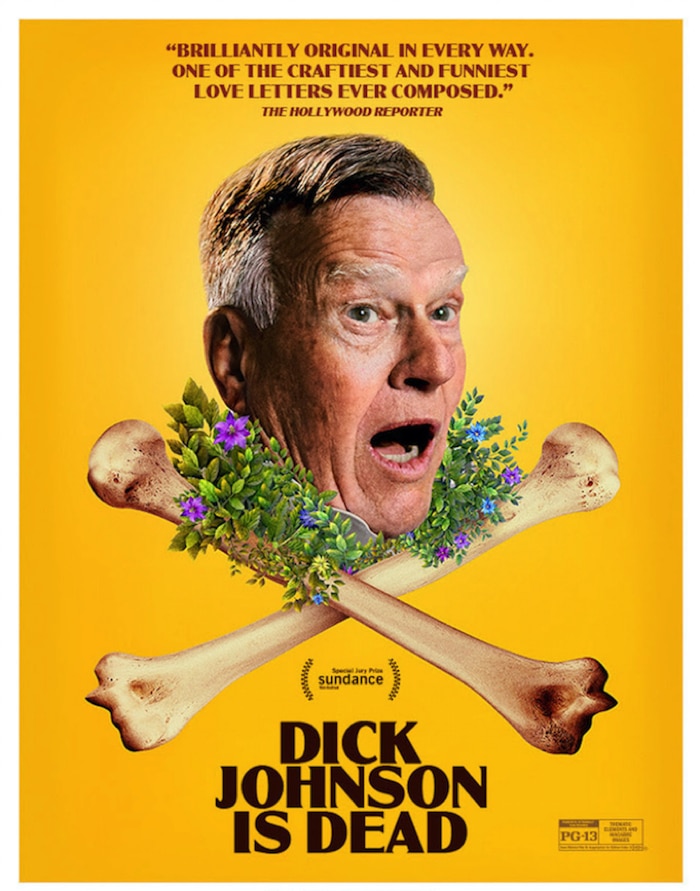

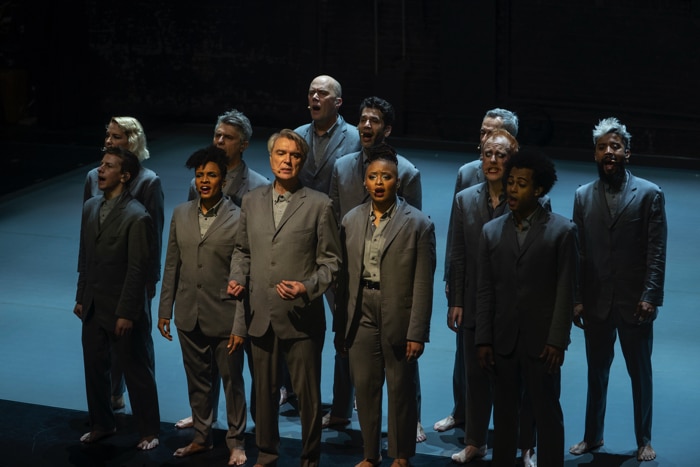


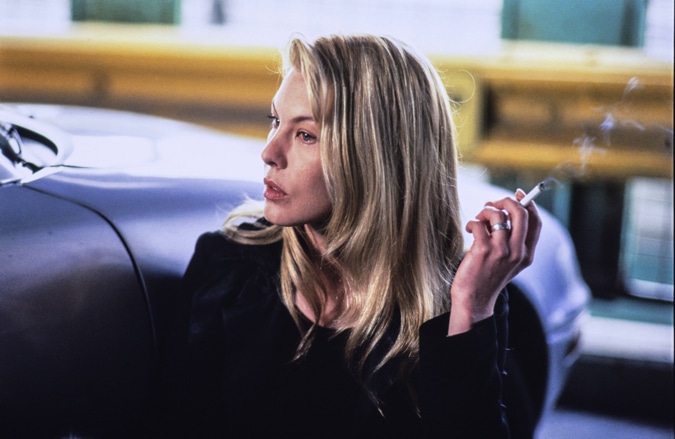

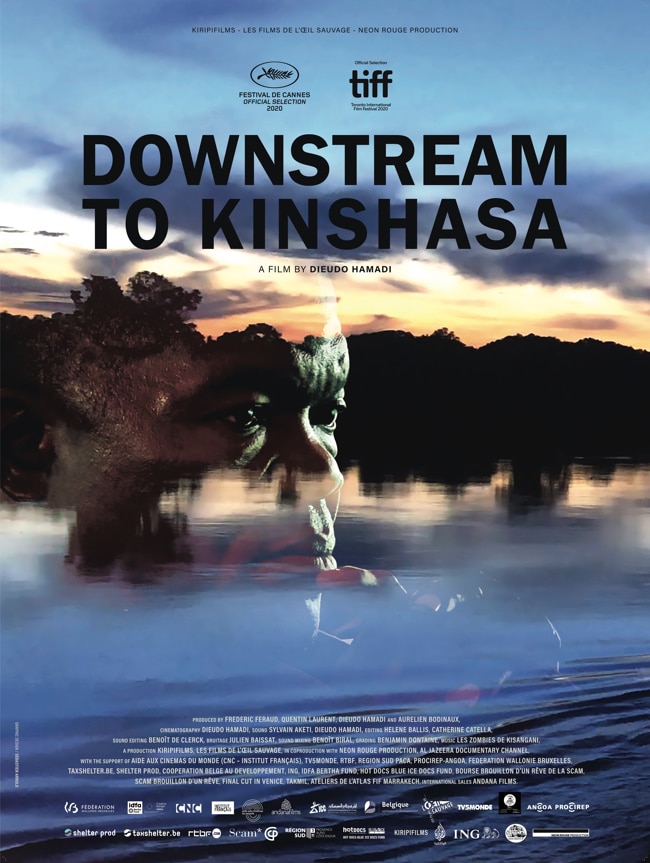
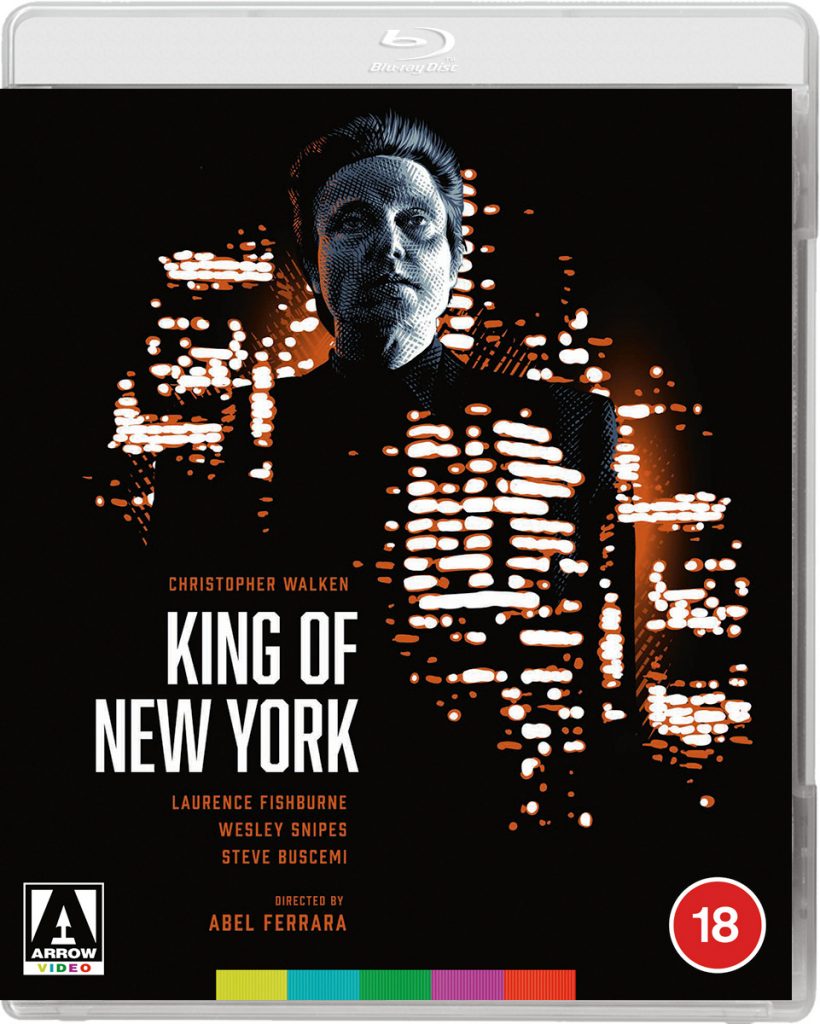
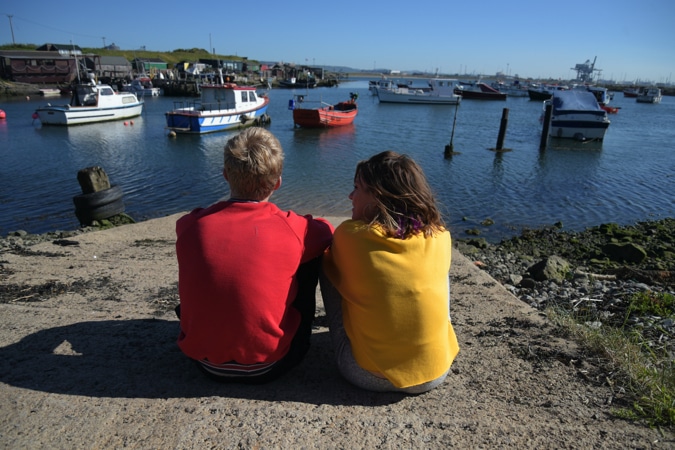
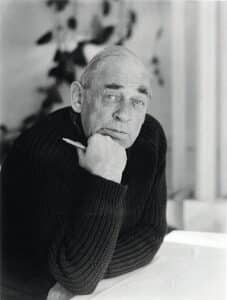

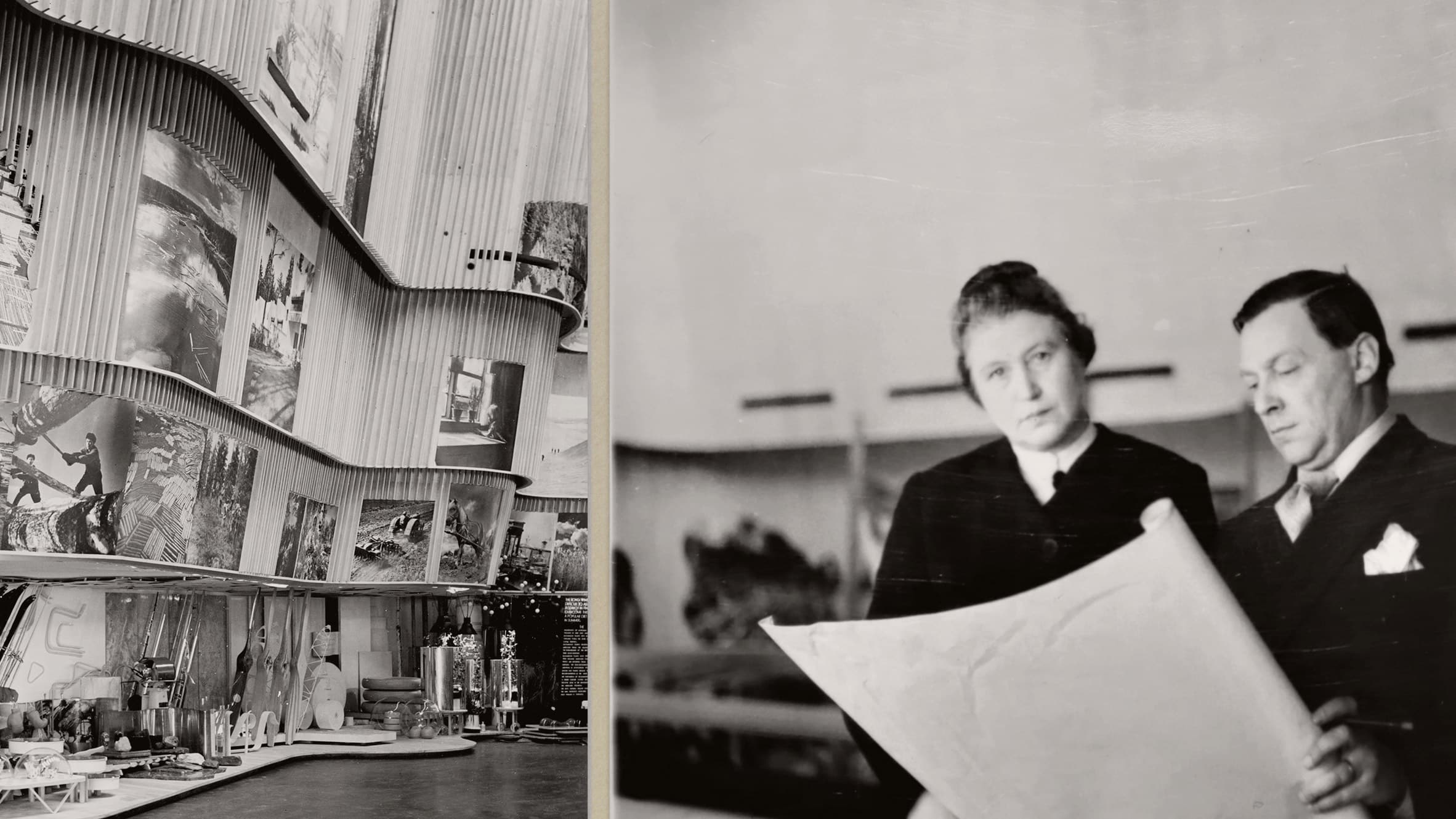





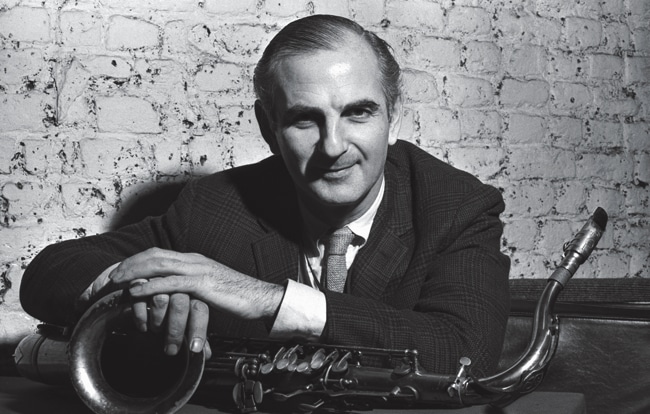
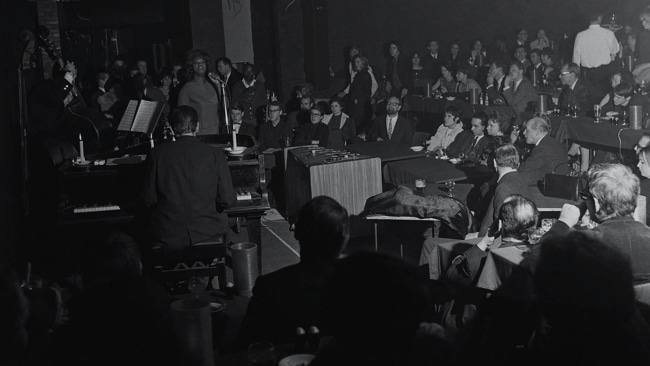

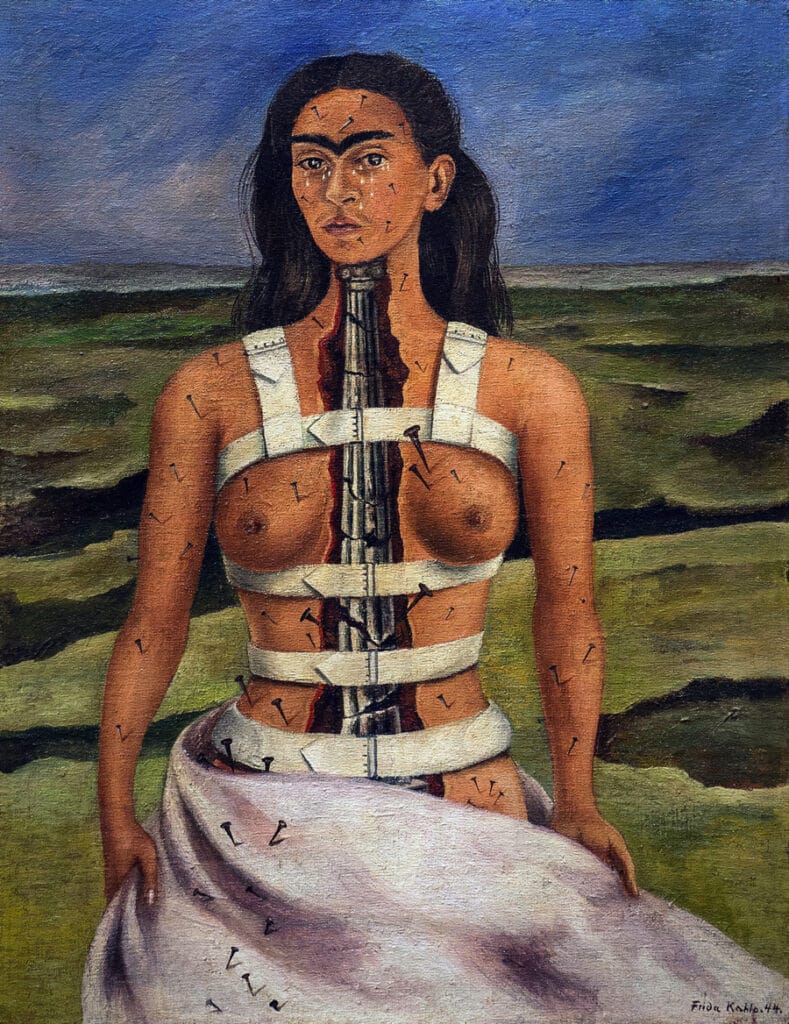
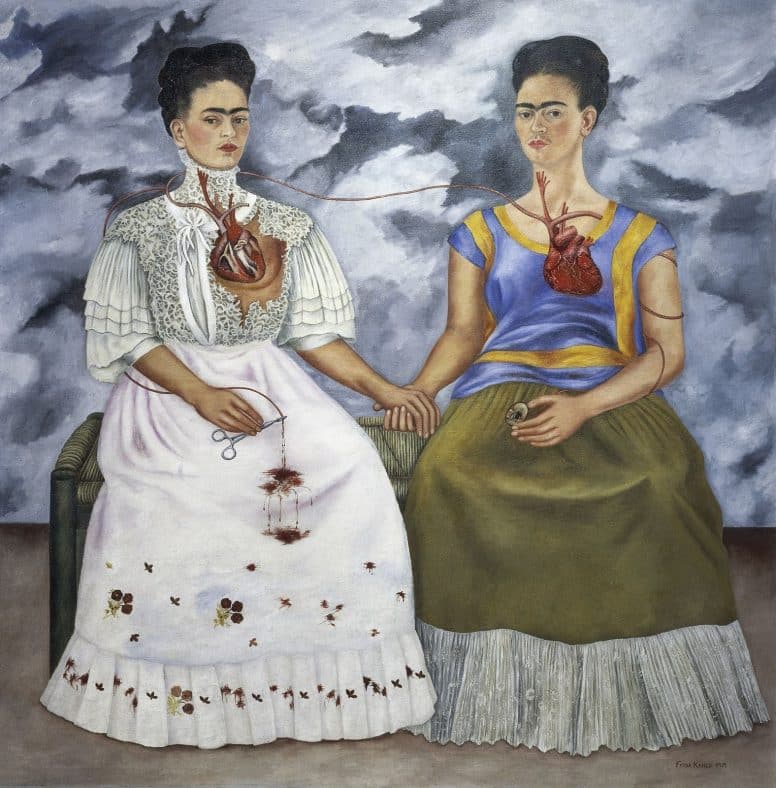

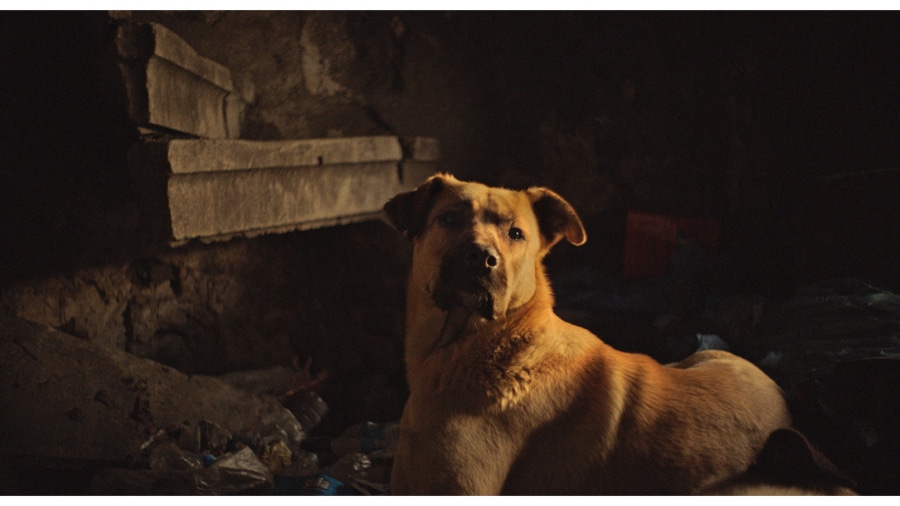
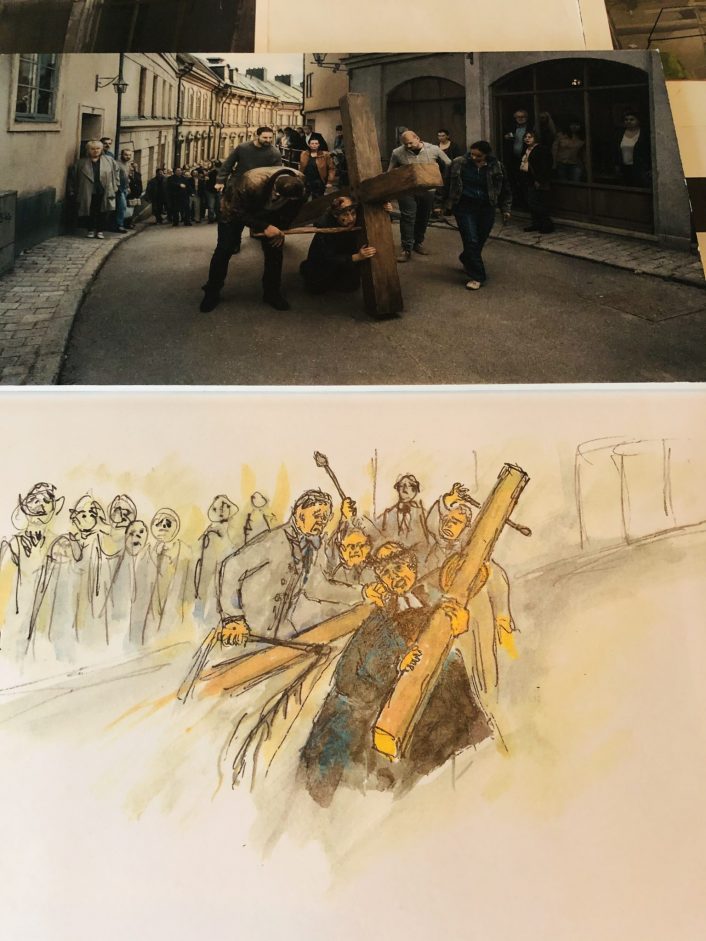


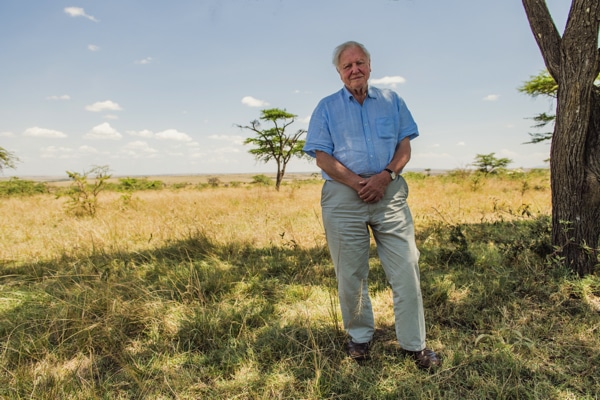
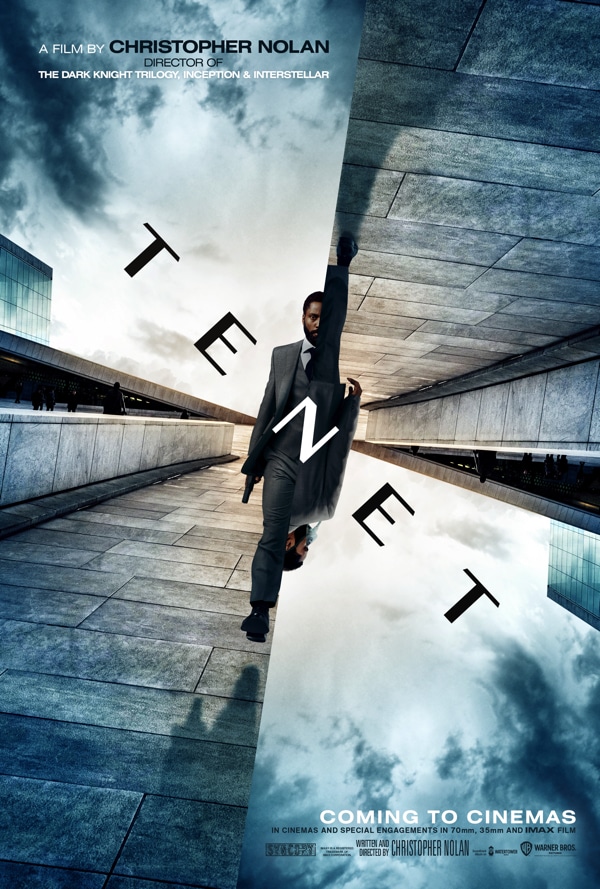
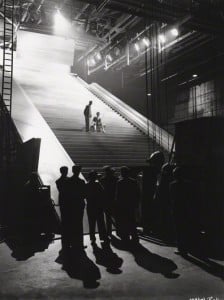
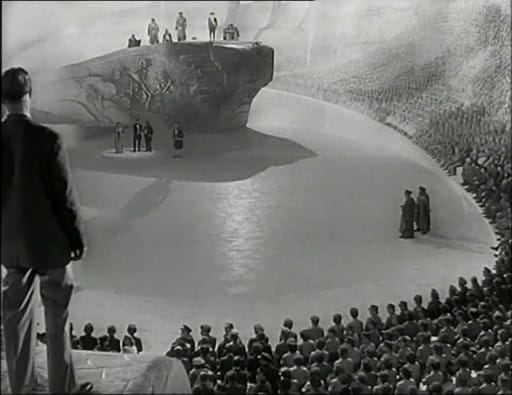
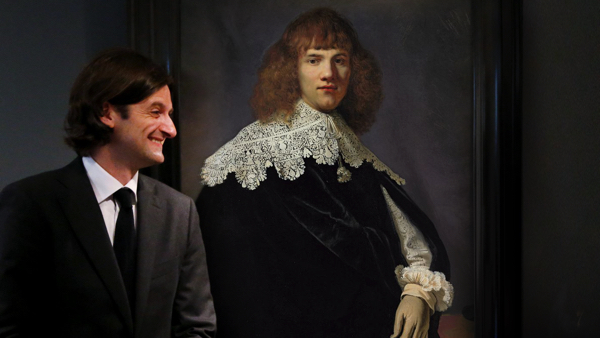
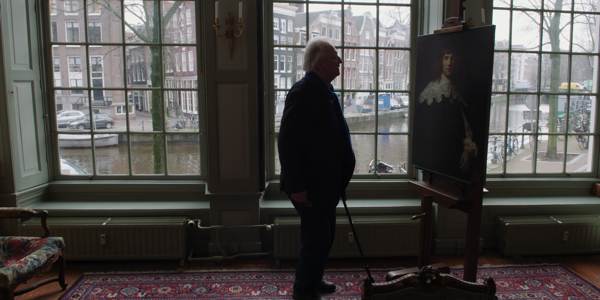

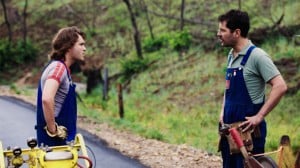

 Dir.: Georgui Balabanov; Documentary with Christo, Jeanne-Claude, Anani Yavashev; Bulgaria 1996, 72 min.
Dir.: Georgui Balabanov; Documentary with Christo, Jeanne-Claude, Anani Yavashev; Bulgaria 1996, 72 min.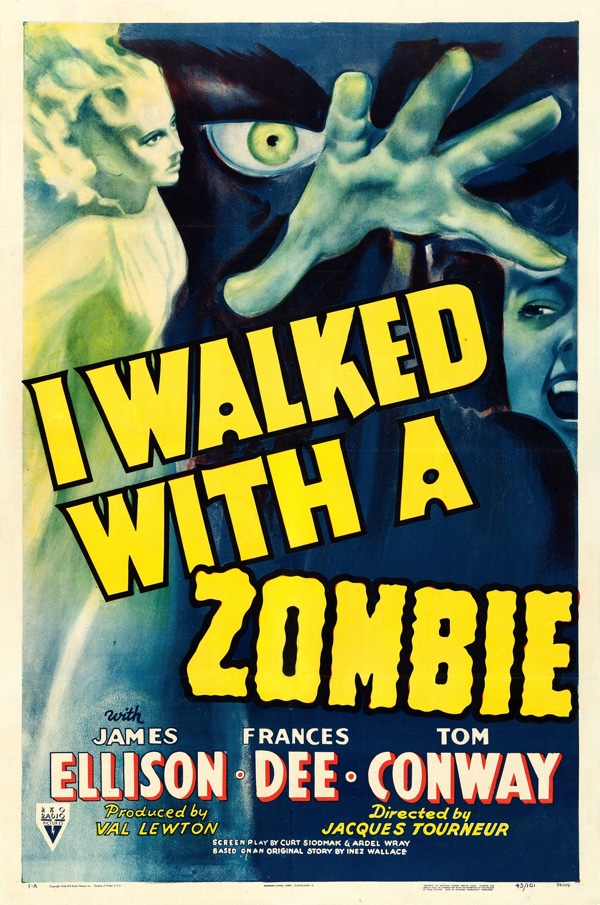
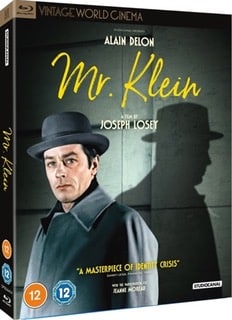
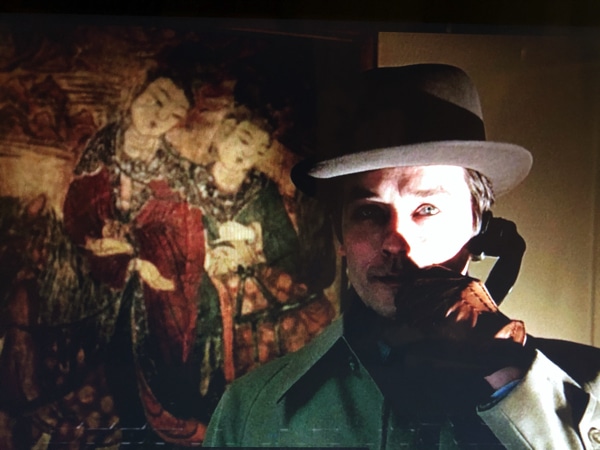 Elliptical in nature, in the same way as
Elliptical in nature, in the same way as  Films don’t always end up the way their makers originally envisaged at their outset, and the maiden production of Michael Powell & Emeric Pressburger’s Archers Films would have turned out completely differently had Laurence Olivier been freed from the Fleet Air Arm to make it; since it is now impossible to imagine without third-billed Roger Livesey and his distinctive voice in the title role (in which at the age of 36 he convincingly ages forty years). The makers’ relative inexperience shows in the fact that they ended up with a initial cut over two and a half hours long; but fortunately J.Arthur Rank liked the film so much he let it hit cinemas as it was. Indeed, it was Pressburger’s favourite of the Rank outings, and would go on to influence the work of future filmmakers such as Scorsese in his The Age of Innocence and Tarantino who copied the device of beginning and ending a film be rerunning the same scene from the point of view of different characters.
Films don’t always end up the way their makers originally envisaged at their outset, and the maiden production of Michael Powell & Emeric Pressburger’s Archers Films would have turned out completely differently had Laurence Olivier been freed from the Fleet Air Arm to make it; since it is now impossible to imagine without third-billed Roger Livesey and his distinctive voice in the title role (in which at the age of 36 he convincingly ages forty years). The makers’ relative inexperience shows in the fact that they ended up with a initial cut over two and a half hours long; but fortunately J.Arthur Rank liked the film so much he let it hit cinemas as it was. Indeed, it was Pressburger’s favourite of the Rank outings, and would go on to influence the work of future filmmakers such as Scorsese in his The Age of Innocence and Tarantino who copied the device of beginning and ending a film be rerunning the same scene from the point of view of different characters.
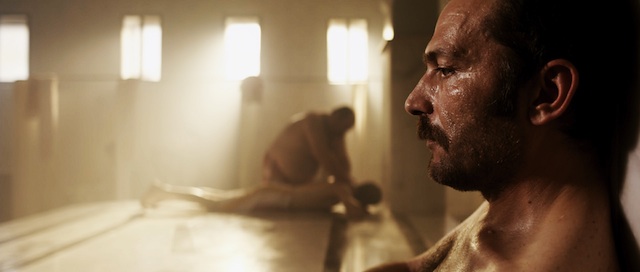
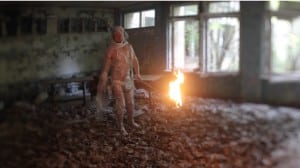

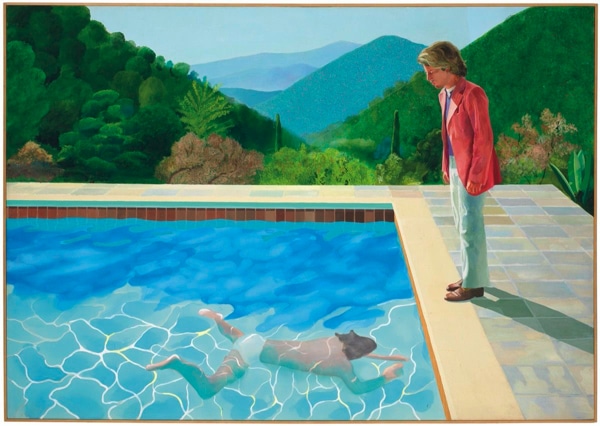
 Concise and pithy, this colourful film is narrated on camera by Samuel Aghoyan, the Superior of the Armenian Church, who takes us through a potted history of his own arrival as a child in the Holy City, and gives a sardonic take on the internecine tiffs that add spice to the daily life of this legendary ecclesiastical HQ sitting proudly in the Christian Quarter of the Old City of Jerusalem.
Concise and pithy, this colourful film is narrated on camera by Samuel Aghoyan, the Superior of the Armenian Church, who takes us through a potted history of his own arrival as a child in the Holy City, and gives a sardonic take on the internecine tiffs that add spice to the daily life of this legendary ecclesiastical HQ sitting proudly in the Christian Quarter of the Old City of Jerusalem.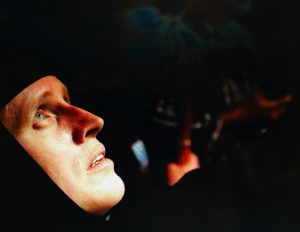 According to traditions, dating back to at least the fourth century, the building houses the two holiest sites in Christianity: the site where Jesus was crucified, at a place known as Calvary or Golgotha, and Jesus’s empty tomb, where he was buried and resurrected. The tomb is enclosed by a 19th-century shrine called the Aedicula. According to the history books, Jerusalem has had a chequered and controversial religious past. But eventually 260 years ago, the English were back in town and set up ‘The Status Quo’, an understanding between religious communities that must be respected across the board.
According to traditions, dating back to at least the fourth century, the building houses the two holiest sites in Christianity: the site where Jesus was crucified, at a place known as Calvary or Golgotha, and Jesus’s empty tomb, where he was buried and resurrected. The tomb is enclosed by a 19th-century shrine called the Aedicula. According to the history books, Jerusalem has had a chequered and controversial religious past. But eventually 260 years ago, the English were back in town and set up ‘The Status Quo’, an understanding between religious communities that must be respected across the board.

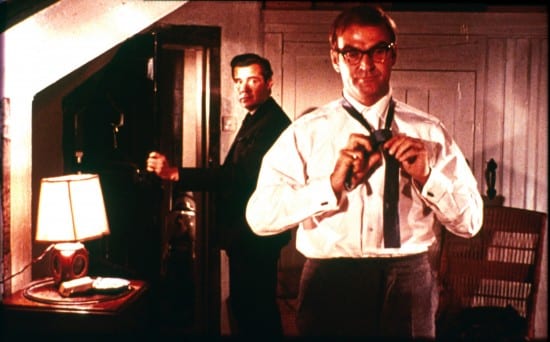

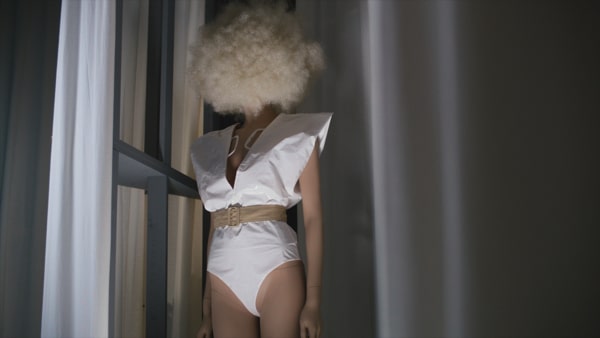
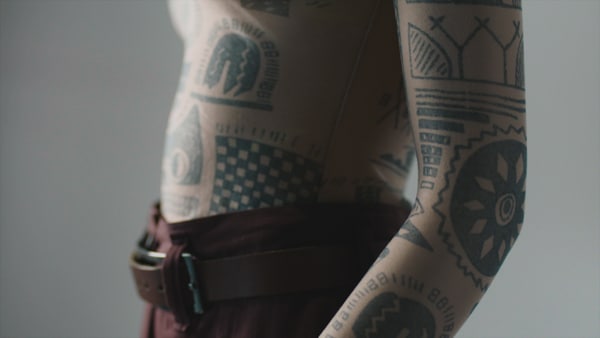

 Merce was also passionate about working with artists from other disciplines including composer John Cage, Cunningham’s longterm partner; the painter Robert Rauschenberg; and Andy Warhol whose collaboration is particularly striking in Merce’s 1968 Sci-fi themed dance work Rainforest which featured Warhol’s metallic helium-filled silver balloons (the Silver Clouds) that float around the dancers like something from outer space.
Merce was also passionate about working with artists from other disciplines including composer John Cage, Cunningham’s longterm partner; the painter Robert Rauschenberg; and Andy Warhol whose collaboration is particularly striking in Merce’s 1968 Sci-fi themed dance work Rainforest which featured Warhol’s metallic helium-filled silver balloons (the Silver Clouds) that float around the dancers like something from outer space.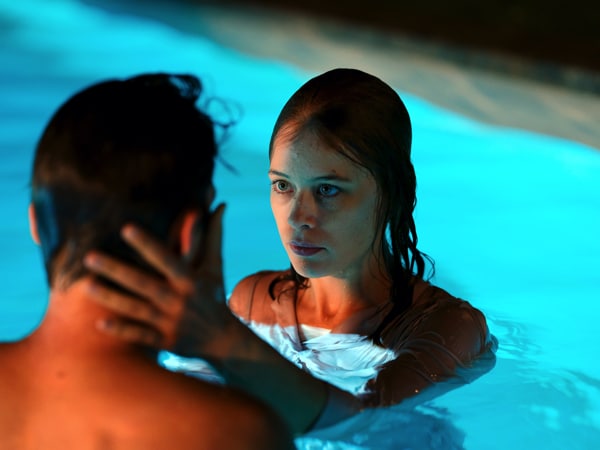
 Dir: James Whale | Wri: Benn Levy/J B Priestley | Cast: Boris Karloff| Charles Laughton | Eva Moore | Gloria Stuart | Melvyn Douglas| Raymond Massey | Horror / Comedy |US 75′
Dir: James Whale | Wri: Benn Levy/J B Priestley | Cast: Boris Karloff| Charles Laughton | Eva Moore | Gloria Stuart | Melvyn Douglas| Raymond Massey | Horror / Comedy |US 75′
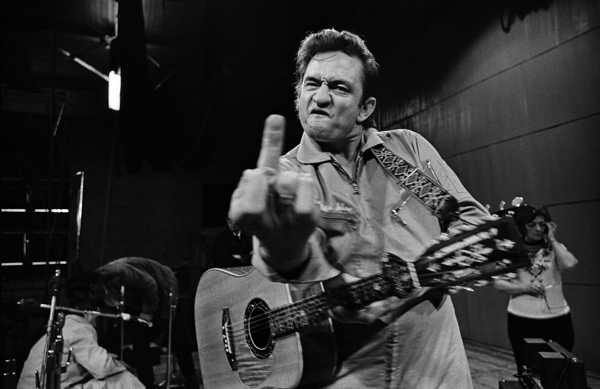
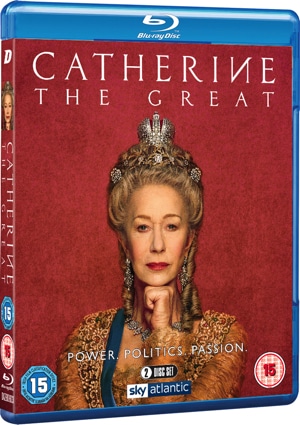 Catherine the Great
Catherine the Great Karina went on to star in seven of his films, the first was Le Petit Soldat that same year. She won Best Actress at the Berlin Film Festival in 1961 for Une Femme est une Femme. While marriage to Godard was stormy to say the least – he neglected her emotionally – “he was the sort of man who would go for a packet of cigarettes and return three weeks later” – their artistic relationship blossomed with a string of New Wave hits: Vivre sa Vie (1962); Bande a Part (1964); Pierrot Le Fou (1965); Alphaville (1965) and Made in USA (1966). When Godard cast her in his episode ‘Anticipation’ for The Oldest Profession (1966), they were already divorced and not on speaking terms. But Karina stayed loyal to Godard and a few years ago at the BFI she talked about him in glowing terms.
Karina went on to star in seven of his films, the first was Le Petit Soldat that same year. She won Best Actress at the Berlin Film Festival in 1961 for Une Femme est une Femme. While marriage to Godard was stormy to say the least – he neglected her emotionally – “he was the sort of man who would go for a packet of cigarettes and return three weeks later” – their artistic relationship blossomed with a string of New Wave hits: Vivre sa Vie (1962); Bande a Part (1964); Pierrot Le Fou (1965); Alphaville (1965) and Made in USA (1966). When Godard cast her in his episode ‘Anticipation’ for The Oldest Profession (1966), they were already divorced and not on speaking terms. But Karina stayed loyal to Godard and a few years ago at the BFI she talked about him in glowing terms.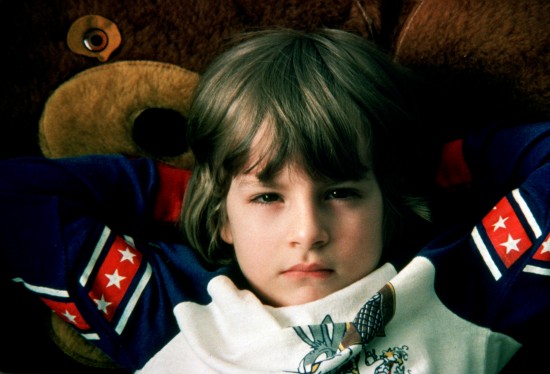
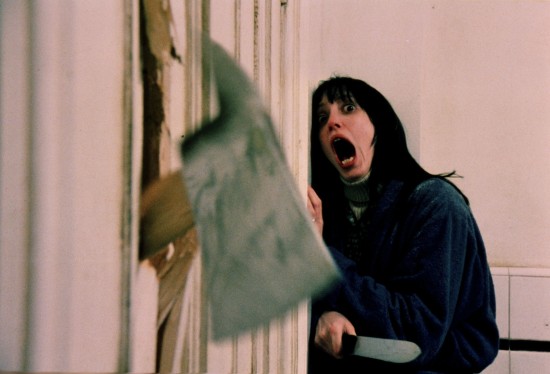
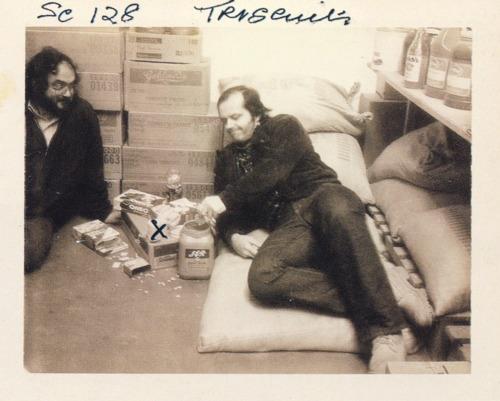
 Losey’s adaptation of LP Hartley’s novel is arguably his masterpiece. Pinter’s script adds a darkly amusing twist to the torrid love and coming of age story set in the lush summer landscapes of Norfolk to Michel Legrand’s iconic score.
Losey’s adaptation of LP Hartley’s novel is arguably his masterpiece. Pinter’s script adds a darkly amusing twist to the torrid love and coming of age story set in the lush summer landscapes of Norfolk to Michel Legrand’s iconic score.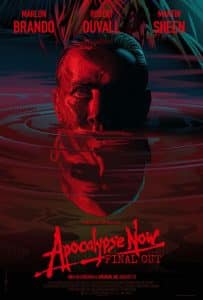 In celebration of its 40 year anniversary Apocalypse Now Final Cut, offers a chance to see the full 180 minute version for the first time ever. Coppola’s spectacular cinematic masterpiece on the big screen and in a Blu-ray version.
In celebration of its 40 year anniversary Apocalypse Now Final Cut, offers a chance to see the full 180 minute version for the first time ever. Coppola’s spectacular cinematic masterpiece on the big screen and in a Blu-ray version. What could be more romantic than a train journey? Even if it feels more like a boys own adventure, as many of these British Transport films do. Escaping into the unknown with a promise of excitement and discovery – or just a trip back in time to revisit childhood holidays in the 1960s and 1970s, where the English landscape stretched far and wide from the window of the pullman out of Waterloo, or even Paddington, and not an anorak in sight!
What could be more romantic than a train journey? Even if it feels more like a boys own adventure, as many of these British Transport films do. Escaping into the unknown with a promise of excitement and discovery – or just a trip back in time to revisit childhood holidays in the 1960s and 1970s, where the English landscape stretched far and wide from the window of the pullman out of Waterloo, or even Paddington, and not an anorak in sight!  Dir: Mike Slee | Carl Knutson, Wendy MacKeigan | Cast: Calum Finlay, Ed Birch, Billy Postlethwaite, Robert Daws, Louis Partridge | Docudrama 46′
Dir: Mike Slee | Carl Knutson, Wendy MacKeigan | Cast: Calum Finlay, Ed Birch, Billy Postlethwaite, Robert Daws, Louis Partridge | Docudrama 46′
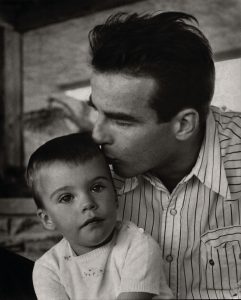 Co-directing and narrating this eye-opening documentary, Robert Clift (who never knew Monty) digs into a treasure trove of family archives and memorabilia (Brooks recorded everything) to reveal an affectionate, fun-loving talent who loved men and dated and lived with women, according to close friends. Monty chose his roles carefully during the ’40s and ’50s, declining to sign a contract to retain complete artistic independence from the studio system with the ability to pick and chose, and re-write his dialogue. This freedom also enabled him to keep much of his private life out of the headlines, although his memory was eventually sullied by tabloid melodrama with his untimely death at only 45. His acting ability and dazzling looks certainly gained him a place in the Hollywood firmament with a select filmography of just 20 features, four of them Oscar-nominated.
Co-directing and narrating this eye-opening documentary, Robert Clift (who never knew Monty) digs into a treasure trove of family archives and memorabilia (Brooks recorded everything) to reveal an affectionate, fun-loving talent who loved men and dated and lived with women, according to close friends. Monty chose his roles carefully during the ’40s and ’50s, declining to sign a contract to retain complete artistic independence from the studio system with the ability to pick and chose, and re-write his dialogue. This freedom also enabled him to keep much of his private life out of the headlines, although his memory was eventually sullied by tabloid melodrama with his untimely death at only 45. His acting ability and dazzling looks certainly gained him a place in the Hollywood firmament with a select filmography of just 20 features, four of them Oscar-nominated.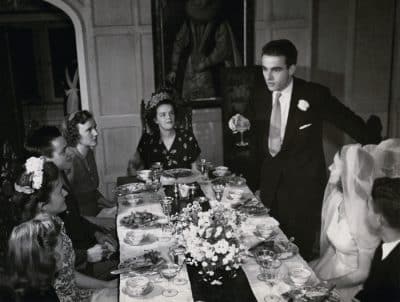 Particularly interesting are Brooks’ conversations with Patricia Bosworth, one of the film’s talking heads and the author of a 1978 biography of Clift that inspired later biographies, but has so far become the accepted version of events, although she apparently got many details wrong and certainly lost out to Jenny Balaban in the Monty relationship stakes, when Barney Balaban (President of Paramount) invited the young actor to join them on a family holiday. He is seen messing around on the beach where he cuts a dash with his good looks and exuberance.
Particularly interesting are Brooks’ conversations with Patricia Bosworth, one of the film’s talking heads and the author of a 1978 biography of Clift that inspired later biographies, but has so far become the accepted version of events, although she apparently got many details wrong and certainly lost out to Jenny Balaban in the Monty relationship stakes, when Barney Balaban (President of Paramount) invited the young actor to join them on a family holiday. He is seen messing around on the beach where he cuts a dash with his good looks and exuberance. Turkish cinema is known for its captivating widescreen dramas that reflect the cultural diversity and magnificent scenery of a vibrant nation that stretches from Europe to Asia.
Turkish cinema is known for its captivating widescreen dramas that reflect the cultural diversity and magnificent scenery of a vibrant nation that stretches from Europe to Asia. The Golden Tulip winner 2017 YELLOW HEAT (Sari Sicak) sees an immigrant family desperate to survive in their traditional farm amid encroaching industrialisation. The multi-award winning drama YOZGAT BLUES (2013), set in small town Anatolia, is one to watch for its outstanding performances and smouldering cinematography. Banu Sivaci’s THE PIGEON (main image) won best director at Sofia Film Festival 2018 and is another impressive arthouse tale of a boy finding peace with the animal kingdom, away from the dystopian world in small-town Adana, Southern Turkey. And finally MURTAZA another beautifully crafted and resonant parable about the importance of traditional values in the mountains of Malatya.
The Golden Tulip winner 2017 YELLOW HEAT (Sari Sicak) sees an immigrant family desperate to survive in their traditional farm amid encroaching industrialisation. The multi-award winning drama YOZGAT BLUES (2013), set in small town Anatolia, is one to watch for its outstanding performances and smouldering cinematography. Banu Sivaci’s THE PIGEON (main image) won best director at Sofia Film Festival 2018 and is another impressive arthouse tale of a boy finding peace with the animal kingdom, away from the dystopian world in small-town Adana, Southern Turkey. And finally MURTAZA another beautifully crafted and resonant parable about the importance of traditional values in the mountains of Malatya. Other features and shorts reflect the usual Turkish themes of town versus country, tradition versus the modern world, and the role of women in enlightened society. Another highlight will be Ahmet Boyacioglu’s latest film THE SMELL OF MONEY a tense and startling exposé of financial corruption in contemporary Turkey. And last but not least, a panel of industry professionals will debate the future of the big screen At the Flicks of Netflix? at the Regent Street Cinema on 26th April.
Other features and shorts reflect the usual Turkish themes of town versus country, tradition versus the modern world, and the role of women in enlightened society. Another highlight will be Ahmet Boyacioglu’s latest film THE SMELL OF MONEY a tense and startling exposé of financial corruption in contemporary Turkey. And last but not least, a panel of industry professionals will debate the future of the big screen At the Flicks of Netflix? at the Regent Street Cinema on 26th April. Born in Skopje (Macedonia) in 1943, Godina soon moved with his family to Slovenia in the north where he later joined Ljubljana’s Kino Club Odsev and went on to study at the Academy of Theatre there. Film clubs were everywhere at the time and his early 8mm efforts gained him popularity as he joined the festival circuit, widening his circle as he developed his craft. And although his films often had serious social themes they also frothed with a feelgood sense of joy and irony. Even topics such as religion and army service took on absurdist proportions with his clever writing and light-hearted sense of the ridiculous. And they always looked brilliant thanks to his talent as a cinematographer and his skilful sense of lighting, framing and mise en scène. Trained under strict Soviet principles he never cut corners and was professional to the last during a career which spanned from 1968 to 2003.
Born in Skopje (Macedonia) in 1943, Godina soon moved with his family to Slovenia in the north where he later joined Ljubljana’s Kino Club Odsev and went on to study at the Academy of Theatre there. Film clubs were everywhere at the time and his early 8mm efforts gained him popularity as he joined the festival circuit, widening his circle as he developed his craft. And although his films often had serious social themes they also frothed with a feelgood sense of joy and irony. Even topics such as religion and army service took on absurdist proportions with his clever writing and light-hearted sense of the ridiculous. And they always looked brilliant thanks to his talent as a cinematographer and his skilful sense of lighting, framing and mise en scène. Trained under strict Soviet principles he never cut corners and was professional to the last during a career which spanned from 1968 to 2003.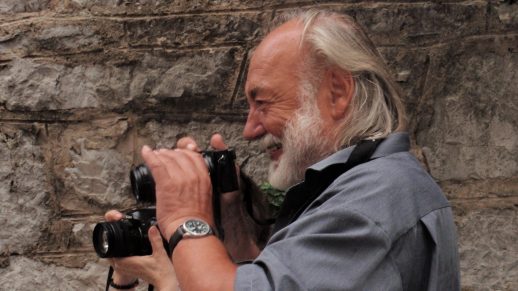
 Dir.: Cam Christiansen; Documentary/Animation with David Hare, Elliot Levey, Nayef Rashad; Canada 2017, 82 min.
Dir.: Cam Christiansen; Documentary/Animation with David Hare, Elliot Levey, Nayef Rashad; Canada 2017, 82 min.
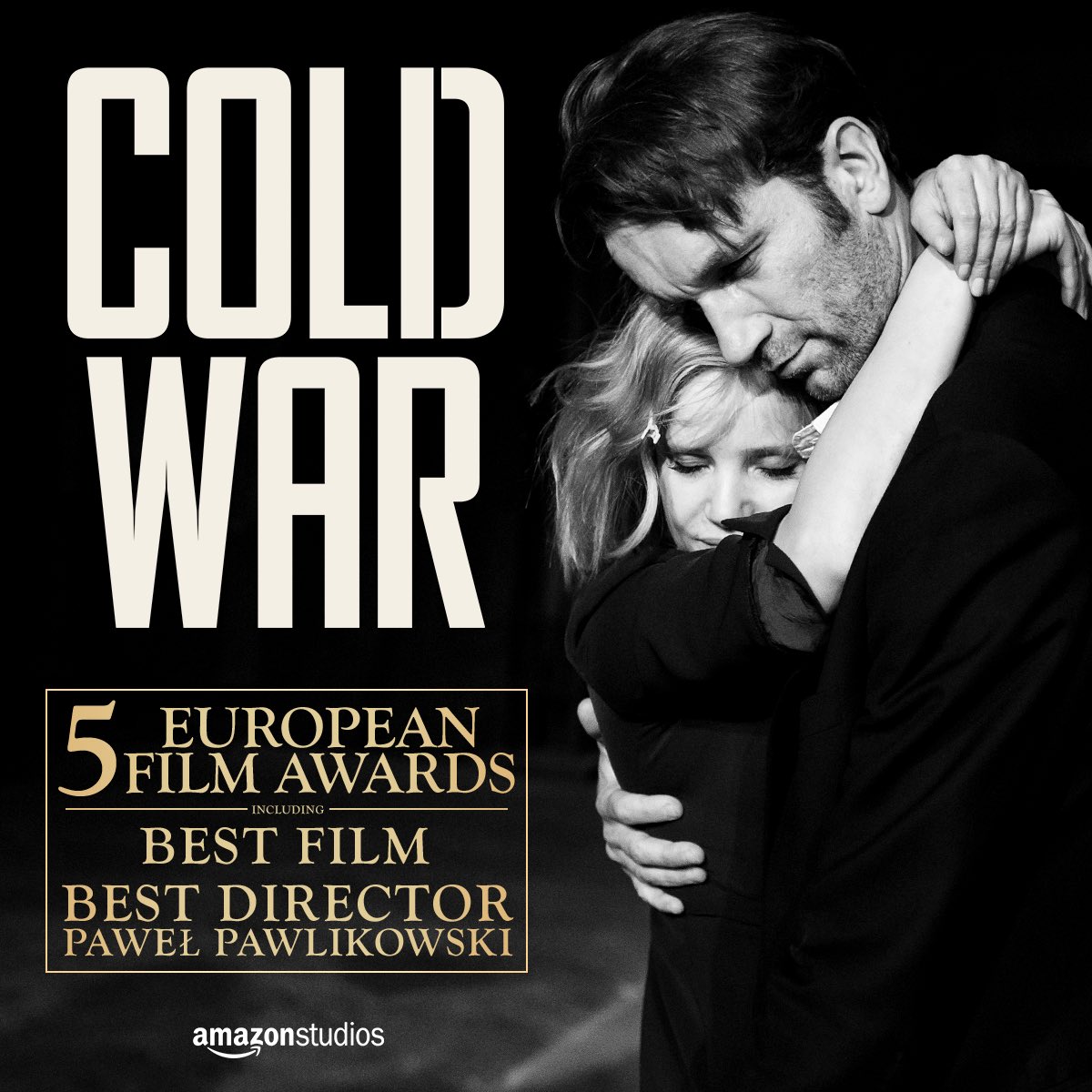
 Dir.: Frank Capra; Cast: James Stewart, Donna Reed, Lionel Barrymore, Henry Travers; USA 1946; 130 min.
Dir.: Frank Capra; Cast: James Stewart, Donna Reed, Lionel Barrymore, Henry Travers; USA 1946; 130 min.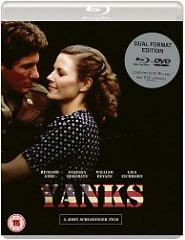 John Schlesinger’s YANKS, a moving and romantic WWII tale of love starring Richard Gere and Vanessa Redgrave is based on Lancashire born Colin Welland’s original story, he also wrote the script.
John Schlesinger’s YANKS, a moving and romantic WWII tale of love starring Richard Gere and Vanessa Redgrave is based on Lancashire born Colin Welland’s original story, he also wrote the script. Dir: Elizaveta Stishova | Cast:Daniel Daiybekov, Turgunai Erkinbekova, Perizat Ermanbaeva | Drama | Kyrgyzstan | 101′
Dir: Elizaveta Stishova | Cast:Daniel Daiybekov, Turgunai Erkinbekova, Perizat Ermanbaeva | Drama | Kyrgyzstan | 101′ THE LAST WALTZ is deeply personal yet timeless in its universal appeal. Martin Scorsese’s love song to rock music is a resounding one, and arguably the best concert film of all time. Dated in its Seventies look, but endearingly so, the doc has been remastered onto bluray, and the result is stunning. The film showcases the legendary rock group The Band’s final farewell concert appearance. Joined on stage by more than a dozen special guests, Van Morrison, Eric Clapton, Neil Young and Joni Mitchell perform their iconic numbers to dazzling effect. The Last Waltz started as a concert, but it became a celebration. In between numbers, Scorsese chats to members of The Band, filmed by master DoPs Laszlo Kovacs and Vilmos Zsigmond. Scorsese’s message to the audience, “this film should be played loud” MT
THE LAST WALTZ is deeply personal yet timeless in its universal appeal. Martin Scorsese’s love song to rock music is a resounding one, and arguably the best concert film of all time. Dated in its Seventies look, but endearingly so, the doc has been remastered onto bluray, and the result is stunning. The film showcases the legendary rock group The Band’s final farewell concert appearance. Joined on stage by more than a dozen special guests, Van Morrison, Eric Clapton, Neil Young and Joni Mitchell perform their iconic numbers to dazzling effect. The Last Waltz started as a concert, but it became a celebration. In between numbers, Scorsese chats to members of The Band, filmed by master DoPs Laszlo Kovacs and Vilmos Zsigmond. Scorsese’s message to the audience, “this film should be played loud” MT Mabel Normand (1892-1930) had a short but eventful life: she was a pioneer of Silent Movies as a star actress (in 220) and director (in 10) between 1910 and 1927. Working alongside Charlie Chaplin, she ended up saving his career at Mack Sennetts’ Keystone – the producer wanted to sack him. Normand also developed Chaplin’s ‘tramp’ screen personality. But she was, more or less, accidentally involved in the murder of William Desmond Taylor and the shooting of Courtland S. Dines, as well as being a friend (and co-star) of ‘Fatty’ Arbuckle, whose life was a series of scandals. Normand suffered for a long time from TB, interrupting her career and leading to her early death at the age of 37.
Mabel Normand (1892-1930) had a short but eventful life: she was a pioneer of Silent Movies as a star actress (in 220) and director (in 10) between 1910 and 1927. Working alongside Charlie Chaplin, she ended up saving his career at Mack Sennetts’ Keystone – the producer wanted to sack him. Normand also developed Chaplin’s ‘tramp’ screen personality. But she was, more or less, accidentally involved in the murder of William Desmond Taylor and the shooting of Courtland S. Dines, as well as being a friend (and co-star) of ‘Fatty’ Arbuckle, whose life was a series of scandals. Normand suffered for a long time from TB, interrupting her career and leading to her early death at the age of 37.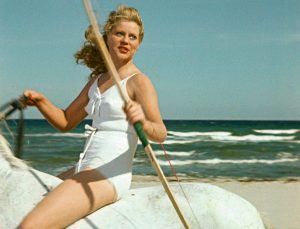 Kristina Söderbaum was Swedish along with several of her compatriots such as Zarah Leander (LA HABANERA) and Ingrid Bergman who appeared in Carl Froelich’s 1938 romantic drama DIE VIER GESELLEN. Then there was the Czech actor Lida Baarova
Kristina Söderbaum was Swedish along with several of her compatriots such as Zarah Leander (LA HABANERA) and Ingrid Bergman who appeared in Carl Froelich’s 1938 romantic drama DIE VIER GESELLEN. Then there was the Czech actor Lida Baarova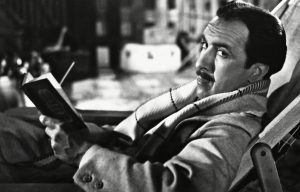 Later reality and feature films moved even closer: DER GROSSE KÖNIG (Veit Harlan 1942) was premiered in parallel with USSR invasion. Male leader figures like Frederick the Great and Frederick I often featured, such as the hero portraits of Schiller, Schlüter and PARACELSUS (GW Pabst, 1943). During the war years, the newsreels lasted on average forty minutes.
Later reality and feature films moved even closer: DER GROSSE KÖNIG (Veit Harlan 1942) was premiered in parallel with USSR invasion. Male leader figures like Frederick the Great and Frederick I often featured, such as the hero portraits of Schiller, Schlüter and PARACELSUS (GW Pabst, 1943). During the war years, the newsreels lasted on average forty minutes.
 NA-NOO-COBS-NEUN-SAN
NA-NOO-COBS-NEUN-SAN In Twenty-Two Hours, Bouchra Khalili (left) considers how celebrated French writer Jean Genet was invited by the Black Panther Party to secretly visit them in in the U.S in 1970. The film features Doug Miranda, a former prominent member of the Black Panther Party. Echoing
In Twenty-Two Hours, Bouchra Khalili (left) considers how celebrated French writer Jean Genet was invited by the Black Panther Party to secretly visit them in in the U.S in 1970. The film features Doug Miranda, a former prominent member of the Black Panther Party. Echoing 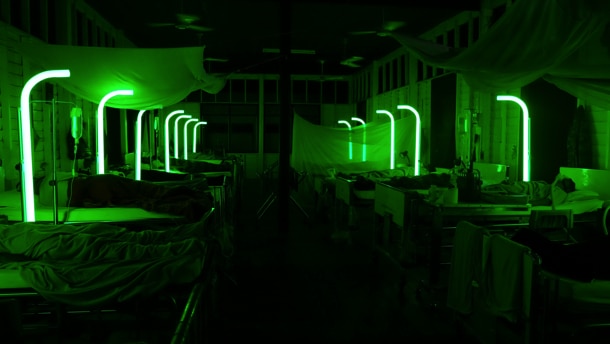
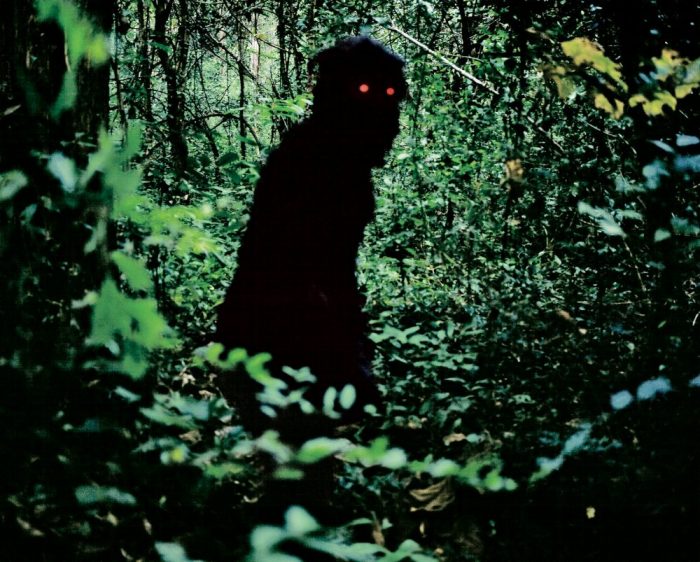
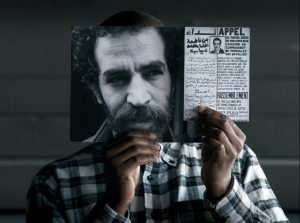 Moroccan-French artist Bouchra Khalili works with film, video and mixed media. Her focus is on ethnic and political minorities examining the complex relationship between the individual and the community. She is also a Professor of Contemporary Art at The Oslo National Art Academy and a founding member of La Cinematheque de Tanger, an artist-run non-profit organisation based in Tangiers, Morocco. She was the recipient of the Radcliffe Institute Fellowship from Harvard University (2017-2018). Her latest film installation is Twenty-Two Hours (2018).
Moroccan-French artist Bouchra Khalili works with film, video and mixed media. Her focus is on ethnic and political minorities examining the complex relationship between the individual and the community. She is also a Professor of Contemporary Art at The Oslo National Art Academy and a founding member of La Cinematheque de Tanger, an artist-run non-profit organisation based in Tangiers, Morocco. She was the recipient of the Radcliffe Institute Fellowship from Harvard University (2017-2018). Her latest film installation is Twenty-Two Hours (2018). Dir/DoP: David Bickerstaff | 91′ | Art Doc in
Dir/DoP: David Bickerstaff | 91′ | Art Doc in A great collector himself, he was able to buy more painting through sales of his own work, indulging his passion for El Greco, Gauguin and Van Gogh. He idolised the work of Ingrès and his competitor Delacroix. He also developed a passion for photography and often used that to inform his own artwork, and many painters adopt this same technique in portrait painting today.
A great collector himself, he was able to buy more painting through sales of his own work, indulging his passion for El Greco, Gauguin and Van Gogh. He idolised the work of Ingrès and his competitor Delacroix. He also developed a passion for photography and often used that to inform his own artwork, and many painters adopt this same technique in portrait painting today. Dir: Cico Pereira | Spain | Doc | 87′
Dir: Cico Pereira | Spain | Doc | 87′ Dir.: Simon Hunter; Cast: Sheila Hancock, Kevin Guthrie, Amy Mason, Wendy Morgan; UK 2017, 102 min.
Dir.: Simon Hunter; Cast: Sheila Hancock, Kevin Guthrie, Amy Mason, Wendy Morgan; UK 2017, 102 min.
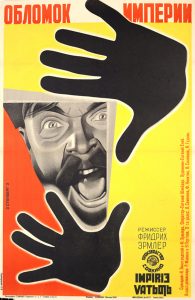 Writer/Dir: Fridrikh Ermler (1898-1976) | Writer: Ekaterina Vinogradskiya | Drama | Russia | 96′
Writer/Dir: Fridrikh Ermler (1898-1976) | Writer: Ekaterina Vinogradskiya | Drama | Russia | 96′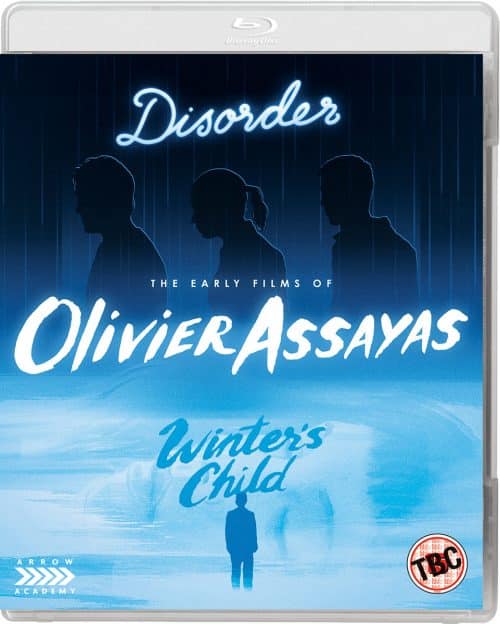 WINTER’S CHILD (L’ENFANT DE L’HIVER) (1989) ****
WINTER’S CHILD (L’ENFANT DE L’HIVER) (1989) **** Dir: Paul Schrader | Writer: Harold Pinter | Cast: Christopher Walken, Natasha Richardson, Helen Mirren, Rupert Everett | US Thriller | 104′
Dir: Paul Schrader | Writer: Harold Pinter | Cast: Christopher Walken, Natasha Richardson, Helen Mirren, Rupert Everett | US Thriller | 104′ Dir: Richard Marquand | Cast: Donald Sutherland, Kate Nelligan, Christopher Cazenove, | Action Drama | UK |
Dir: Richard Marquand | Cast: Donald Sutherland, Kate Nelligan, Christopher Cazenove, | Action Drama | UK |
 WOMAN AT WAR (2018) – SACD Winner, Cannes Film Festival 2018
WOMAN AT WAR (2018) – SACD Winner, Cannes Film Festival 2018 THE FAVOURITE
THE FAVOURITE

 DOGMAN Best Actor, Marcello Forte, Cannes 2018 | Palm Dog Winner 2018
DOGMAN Best Actor, Marcello Forte, Cannes 2018 | Palm Dog Winner 2018  MADELINE’S MADELINE
MADELINE’S MADELINE MUSEUM – Best Script Berlinale 2018
MUSEUM – Best Script Berlinale 2018 IN FABRIC
IN FABRIC THE WILD PEAR TREE – Palme d’Or, Cannes 2018
THE WILD PEAR TREE – Palme d’Or, Cannes 2018  THEY’LL LOVE ME WHEN I’M DEAD (2018)
THEY’LL LOVE ME WHEN I’M DEAD (2018) The first female director to win the Golden Lion at the Venice Film Festival, Margarethe von Trotta (1942) is to thank for some of the most trailblazing films over the past five decades. Von Trotta’s wonderfully complex and outspoken female characters have undoubtedly inspired those taking centre stage in films by contemporary directors such as Jane Campion, Andrea Arnold, Lynne Ramsay and Lone Scherfig. One of the most gifted – but often overlooked – directors to emerge from the New German Cinema movement at the same time as Rainer Werner Fassbinder and Werner Herzog – von Trotta has never shied away from topics that resonate with contemporary lives and provoke revolutionary discussion. The power of mass media, historical events, radicalisation and women’s rights, have all been visible elements in her films since the politically turbulent 1970s.
The first female director to win the Golden Lion at the Venice Film Festival, Margarethe von Trotta (1942) is to thank for some of the most trailblazing films over the past five decades. Von Trotta’s wonderfully complex and outspoken female characters have undoubtedly inspired those taking centre stage in films by contemporary directors such as Jane Campion, Andrea Arnold, Lynne Ramsay and Lone Scherfig. One of the most gifted – but often overlooked – directors to emerge from the New German Cinema movement at the same time as Rainer Werner Fassbinder and Werner Herzog – von Trotta has never shied away from topics that resonate with contemporary lives and provoke revolutionary discussion. The power of mass media, historical events, radicalisation and women’s rights, have all been visible elements in her films since the politically turbulent 1970s. ROSA LUXEMBURG (1986)
ROSA LUXEMBURG (1986) THE LOST HONOUR OF KATHARINA BLUM (1975)
THE LOST HONOUR OF KATHARINA BLUM (1975)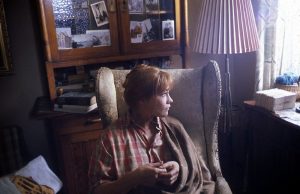
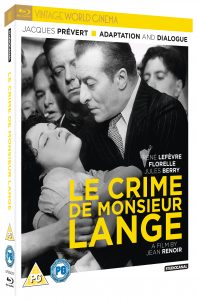 Dir.: Jean Renoir; Cast: Rene Lefevre, Florelle, Jules Berry, Nadia Sibirskaia; France 1936, 80 min.
Dir.: Jean Renoir; Cast: Rene Lefevre, Florelle, Jules Berry, Nadia Sibirskaia; France 1936, 80 min. EL AMOR MENOS PENSADO
EL AMOR MENOS PENSADO ANGELO
ANGELO DER UNSCHULDIGE / THE INNOCENT
DER UNSCHULDIGE / THE INNOCENT EL REINO
EL REINO ENTRE DOS AGUAS | ISAKI LACUESTA | SPAIN
ENTRE DOS AGUAS | ISAKI LACUESTA | SPAIN  HIGH LIFE.
HIGH LIFE. ILLANG: THE WOLF BRIGADE
ILLANG: THE WOLF BRIGADE LE CAHIER NOIR / THE BLACK BOOK
LE CAHIER NOIR / THE BLACK BOOK QUIÉN TE CANTARÁ
QUIÉN TE CANTARÁ ROJO
ROJO VISION
VISION YULI
YULI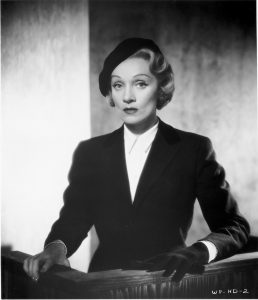 Dir: Billy Wilder | Writers: Billy Wilder, Harry Kurnitz, Lawrence B Marcus | Cast: Marlene Dietrich, Tyrone Power, Charles Laughton, Elsa Lanchester, John Williams, Torin Thatcher, Norma Varden, Una O’Connor | US Crime Drama | 116′
Dir: Billy Wilder | Writers: Billy Wilder, Harry Kurnitz, Lawrence B Marcus | Cast: Marlene Dietrich, Tyrone Power, Charles Laughton, Elsa Lanchester, John Williams, Torin Thatcher, Norma Varden, Una O’Connor | US Crime Drama | 116′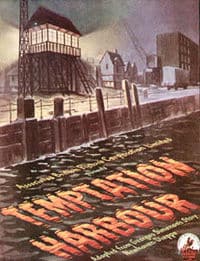 Dir: Lance Comfort | Cast: Simone Simon, Robert Newton, William Hartnell, Margaret Barton | Noir Thriller | UK |
Dir: Lance Comfort | Cast: Simone Simon, Robert Newton, William Hartnell, Margaret Barton | Noir Thriller | UK | In the aftermath of Hurricane Katrina, New Orleans traditional jazz musicians gather together to play and talk about the soul of their city which celebrates its 300th Anniversary in 2018.
In the aftermath of Hurricane Katrina, New Orleans traditional jazz musicians gather together to play and talk about the soul of their city which celebrates its 300th Anniversary in 2018.  Vagabond
Vagabond
 Dir: Michael Cimino | US War Thriller | 183′
Dir: Michael Cimino | US War Thriller | 183′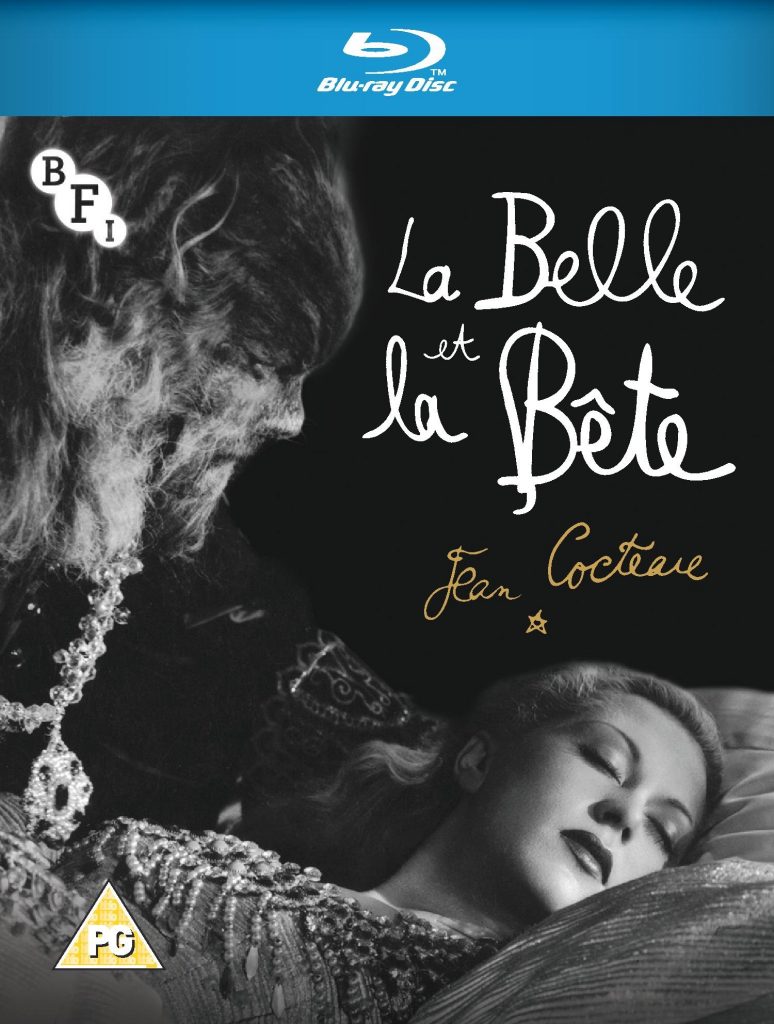

 The real Sixties sex symbol Jayne Mansfield is never really revealed in this frivolously flirty film that floats around aimlessly in exploring her ill-fated final years.
The real Sixties sex symbol Jayne Mansfield is never really revealed in this frivolously flirty film that floats around aimlessly in exploring her ill-fated final years. The 21st Edition of Malaga Film Festival kicks off later this week with the accent on Spanish and Latin American titles. All screenings are shown in Spanish and their original languages.
The 21st Edition of Malaga Film Festival kicks off later this week with the accent on Spanish and Latin American titles. All screenings are shown in Spanish and their original languages. Dir.: Kit Monkman; Cast: Mark Rowley, Akiya Henry, Al Weaver, Dai Bradley; UK 2017, 12
Dir.: Kit Monkman; Cast: Mark Rowley, Akiya Henry, Al Weaver, Dai Bradley; UK 2017, 12